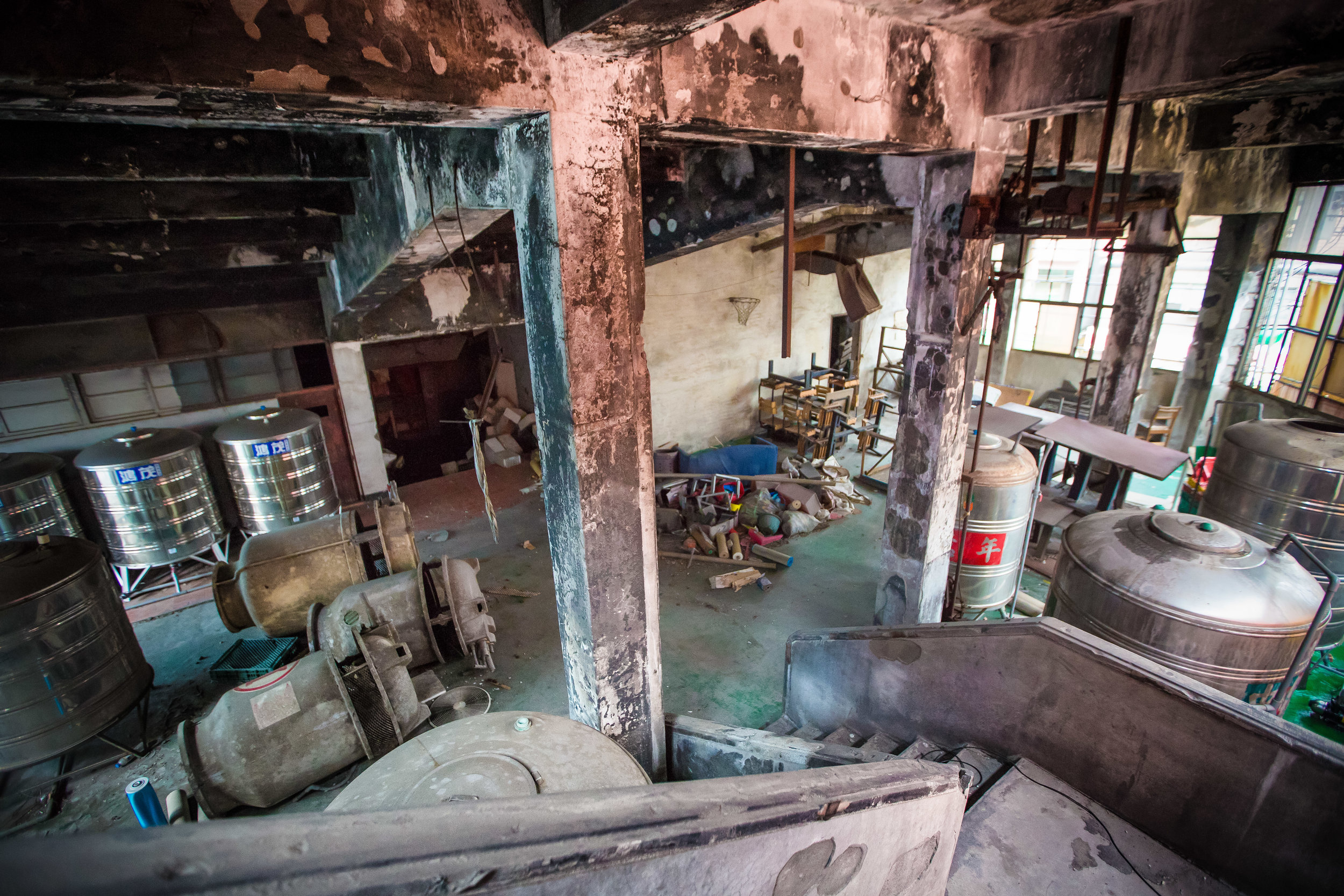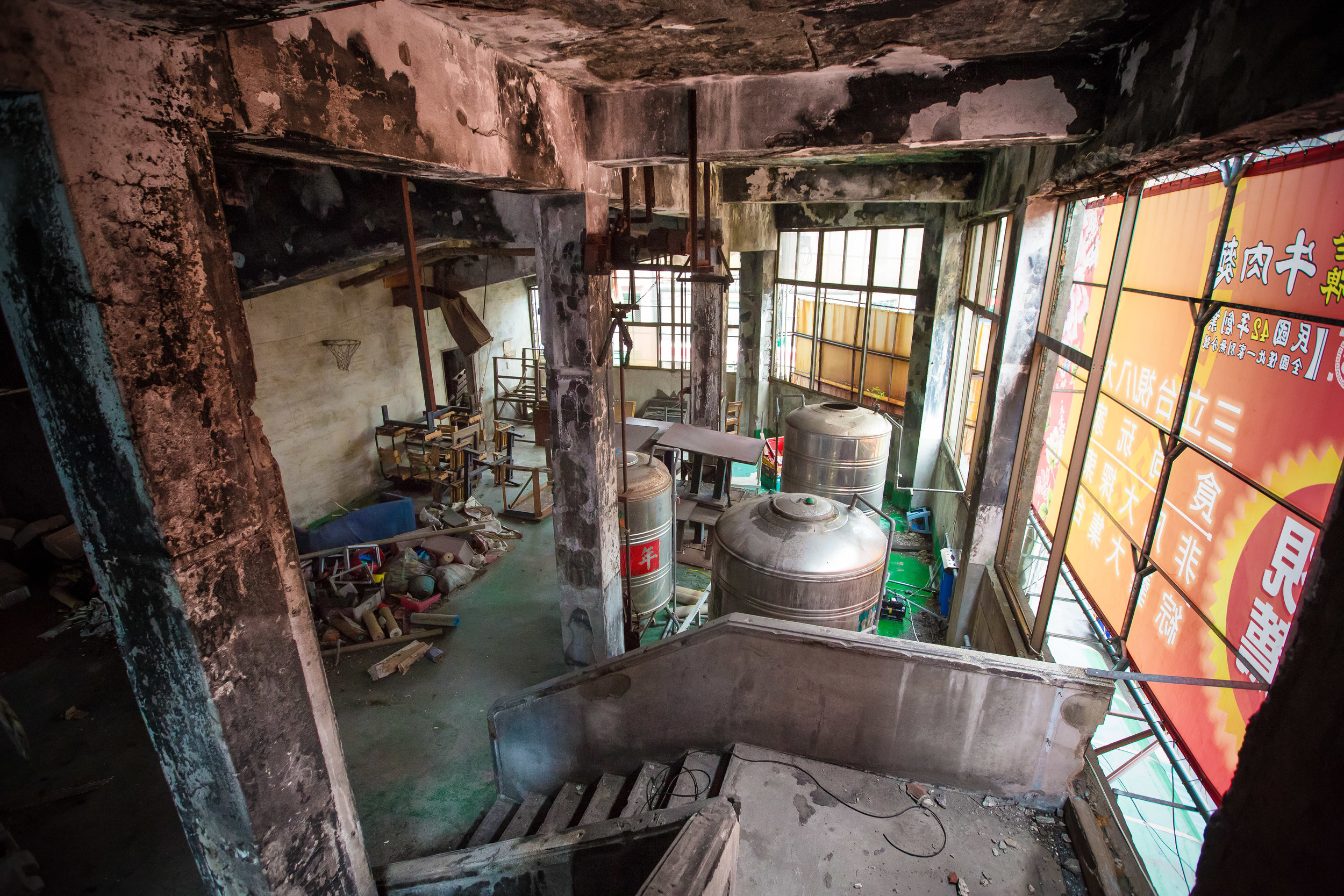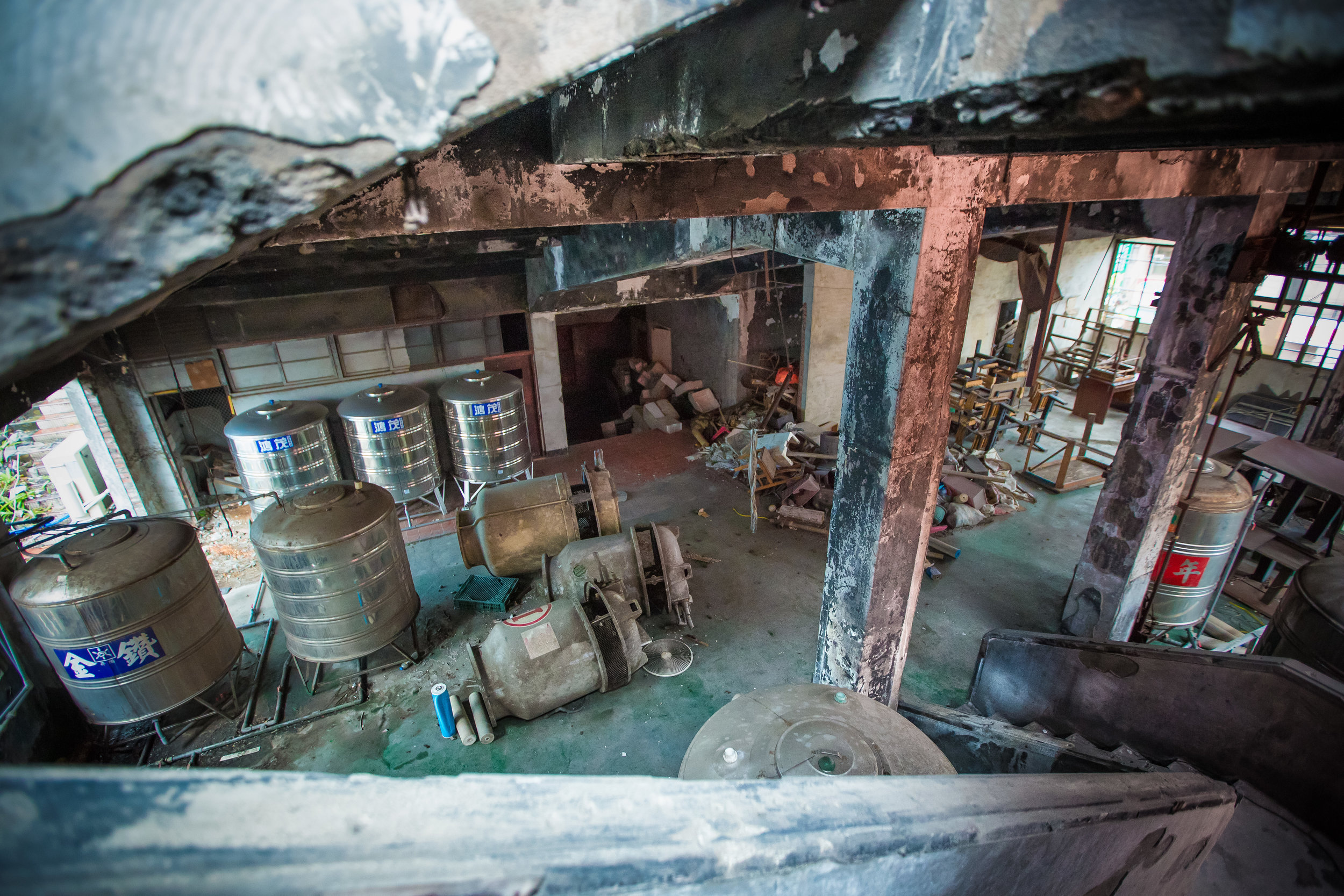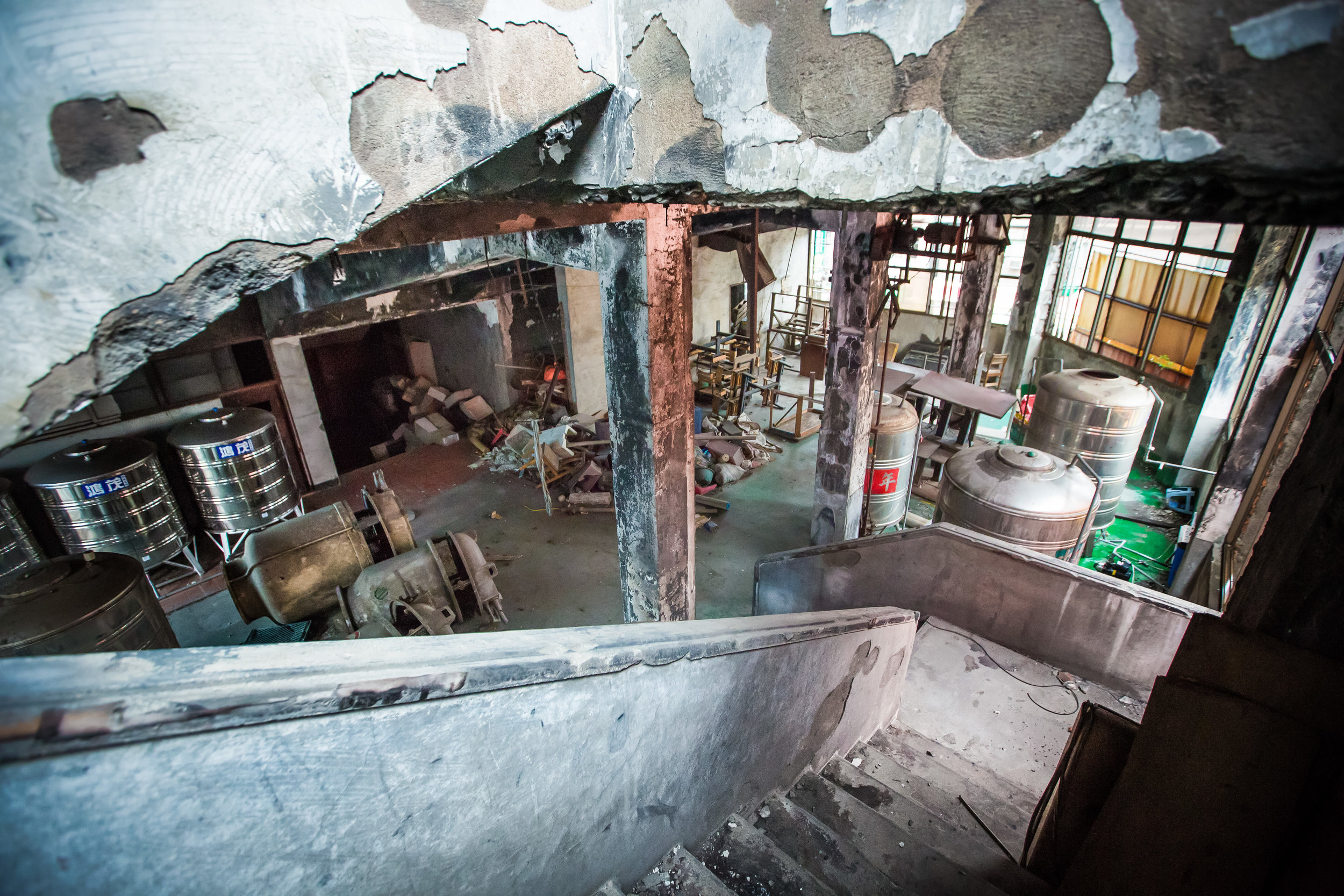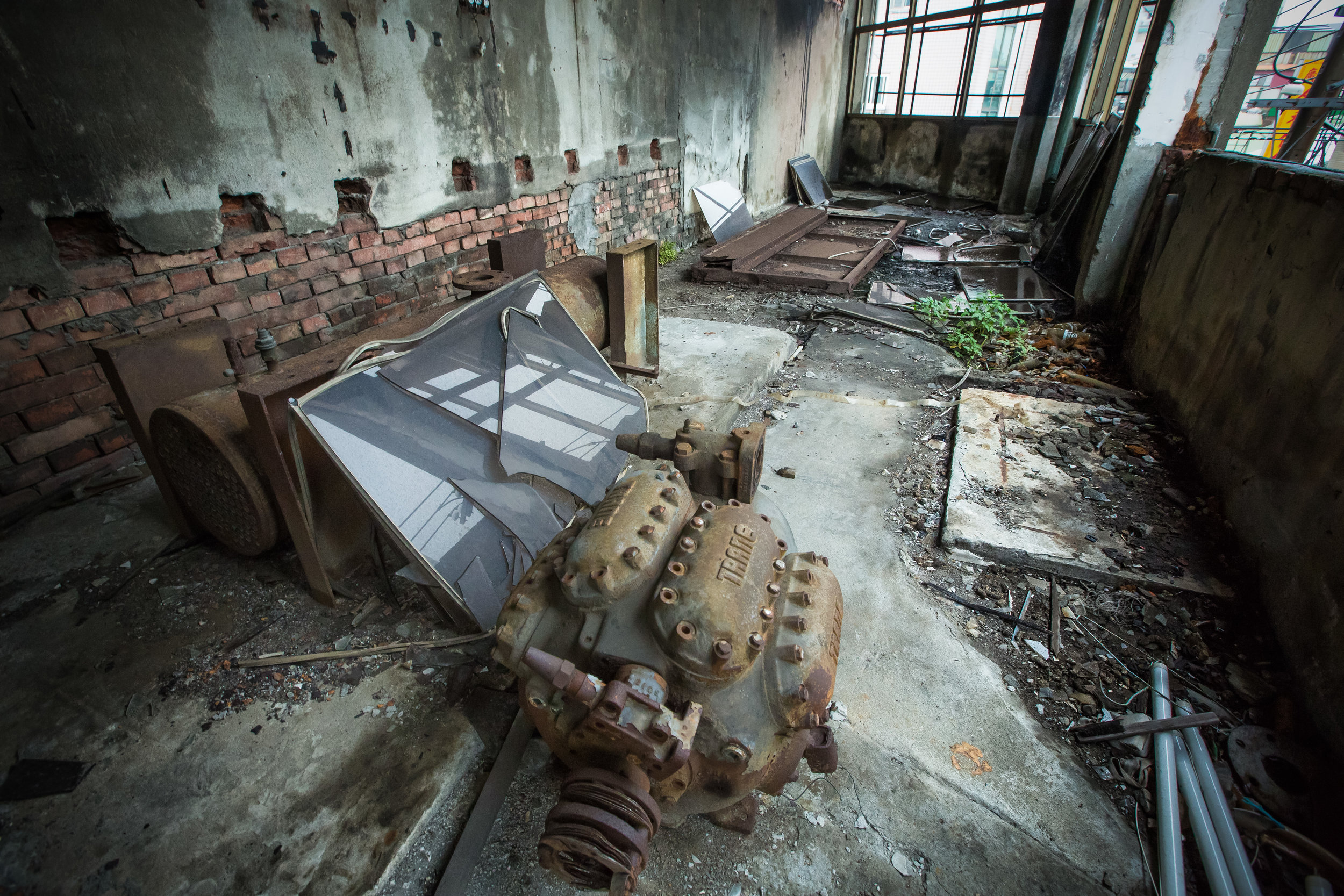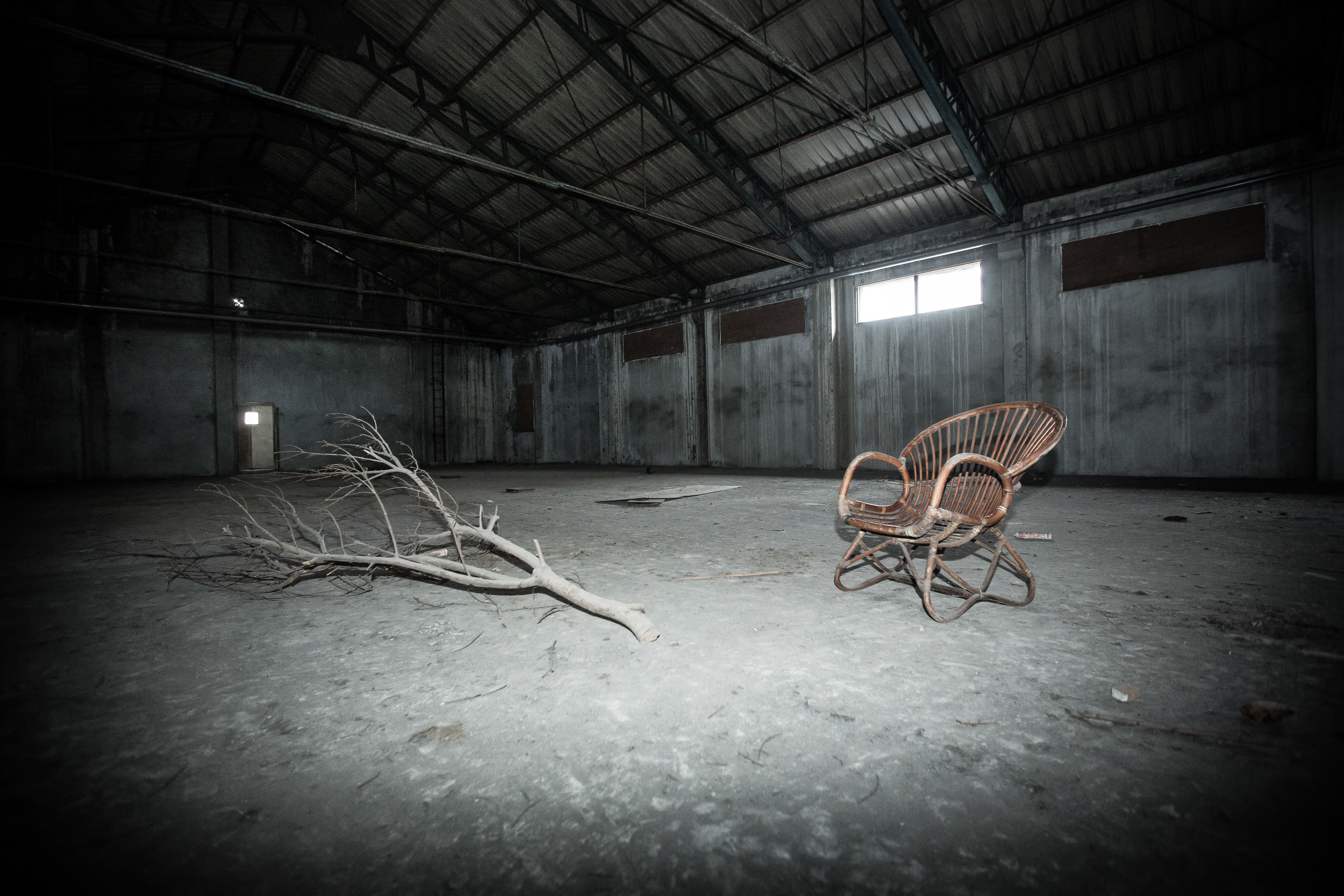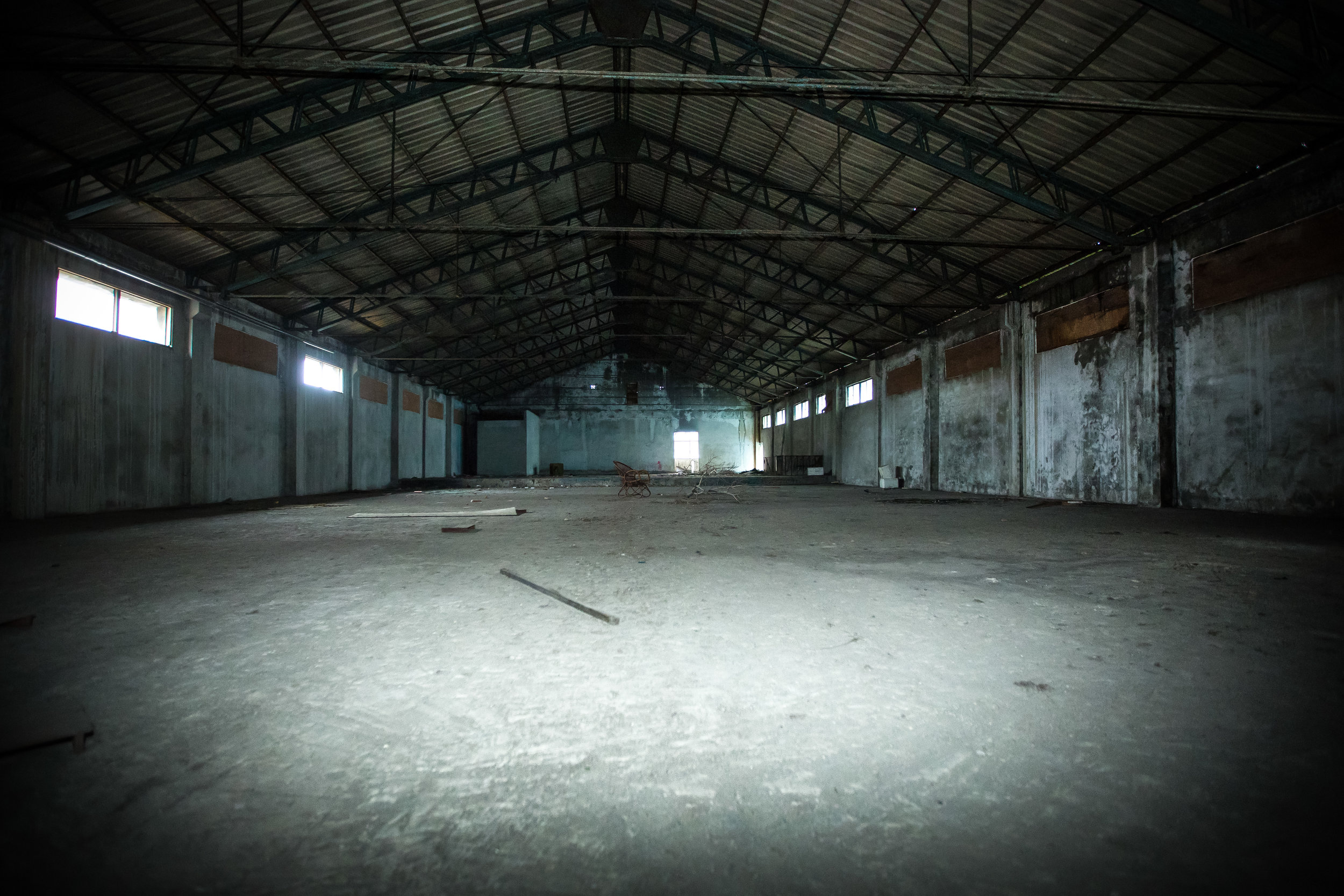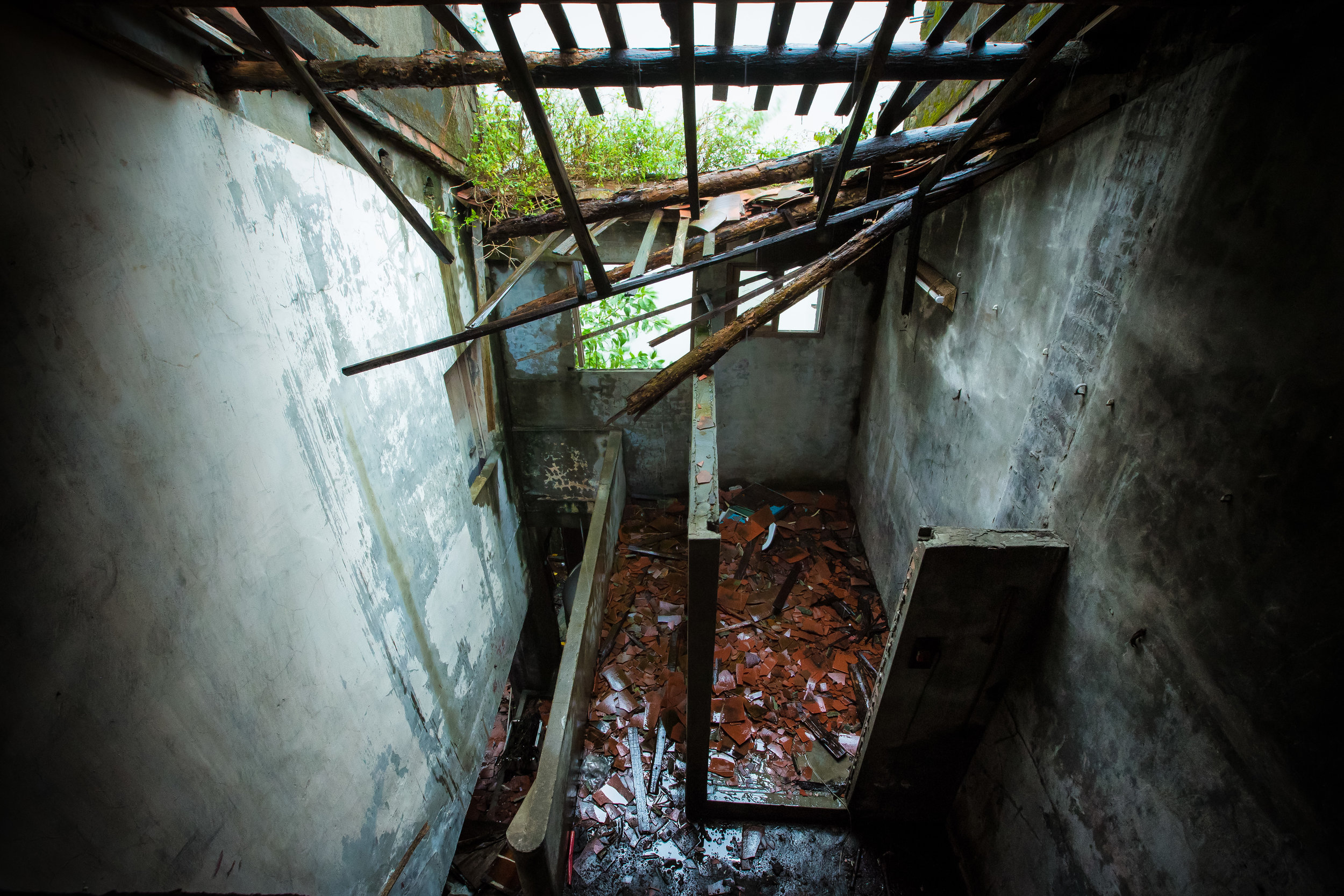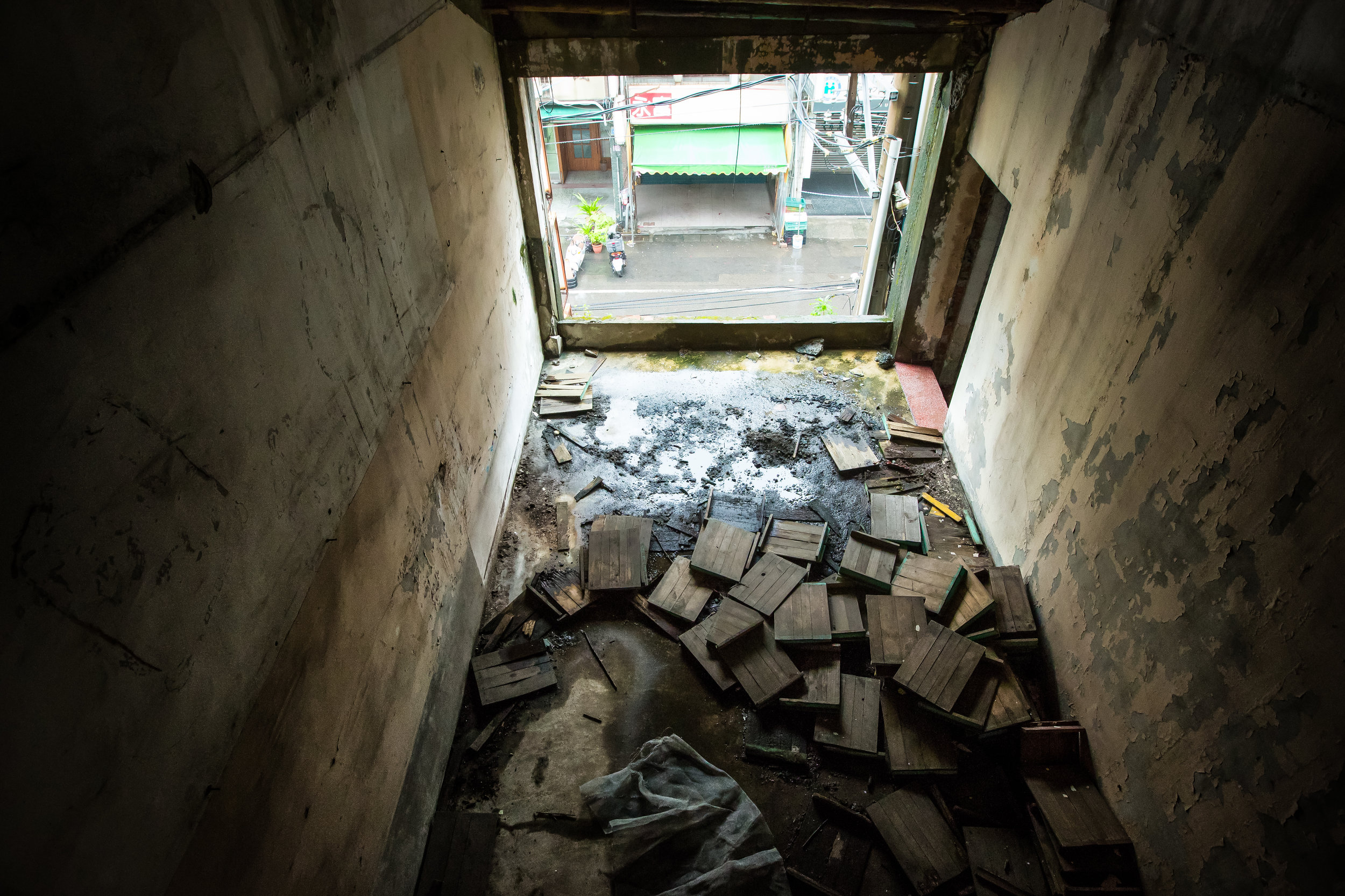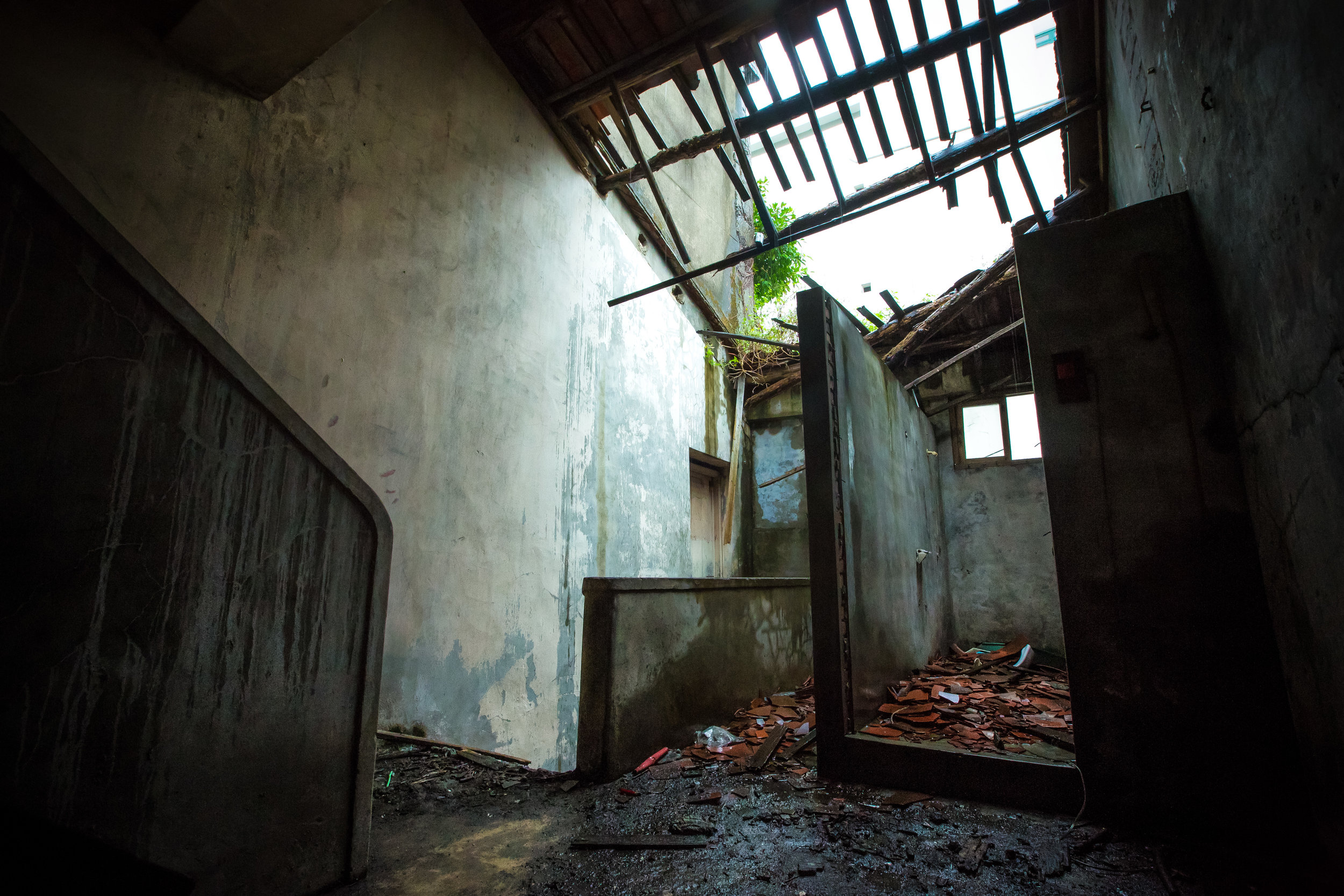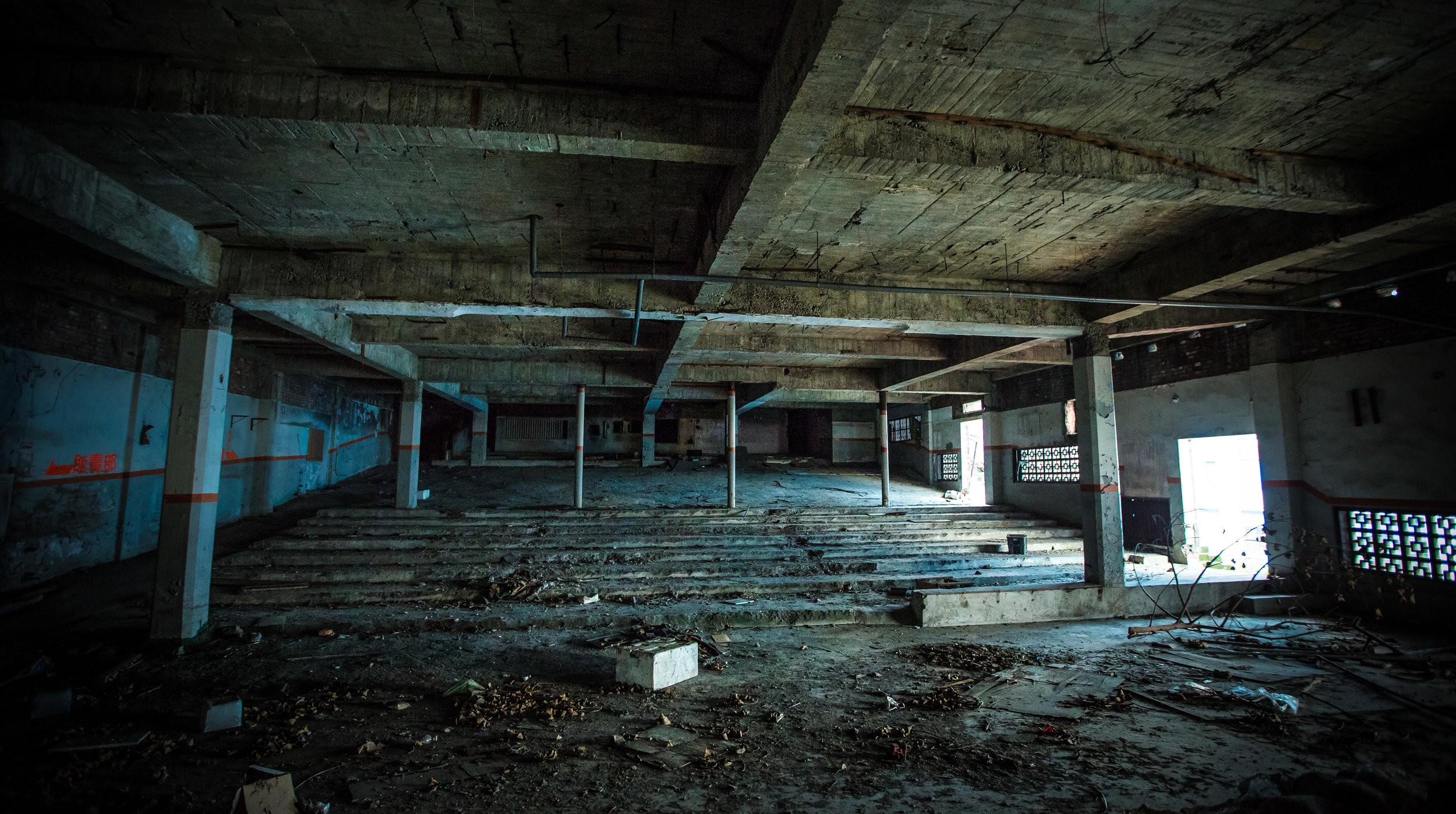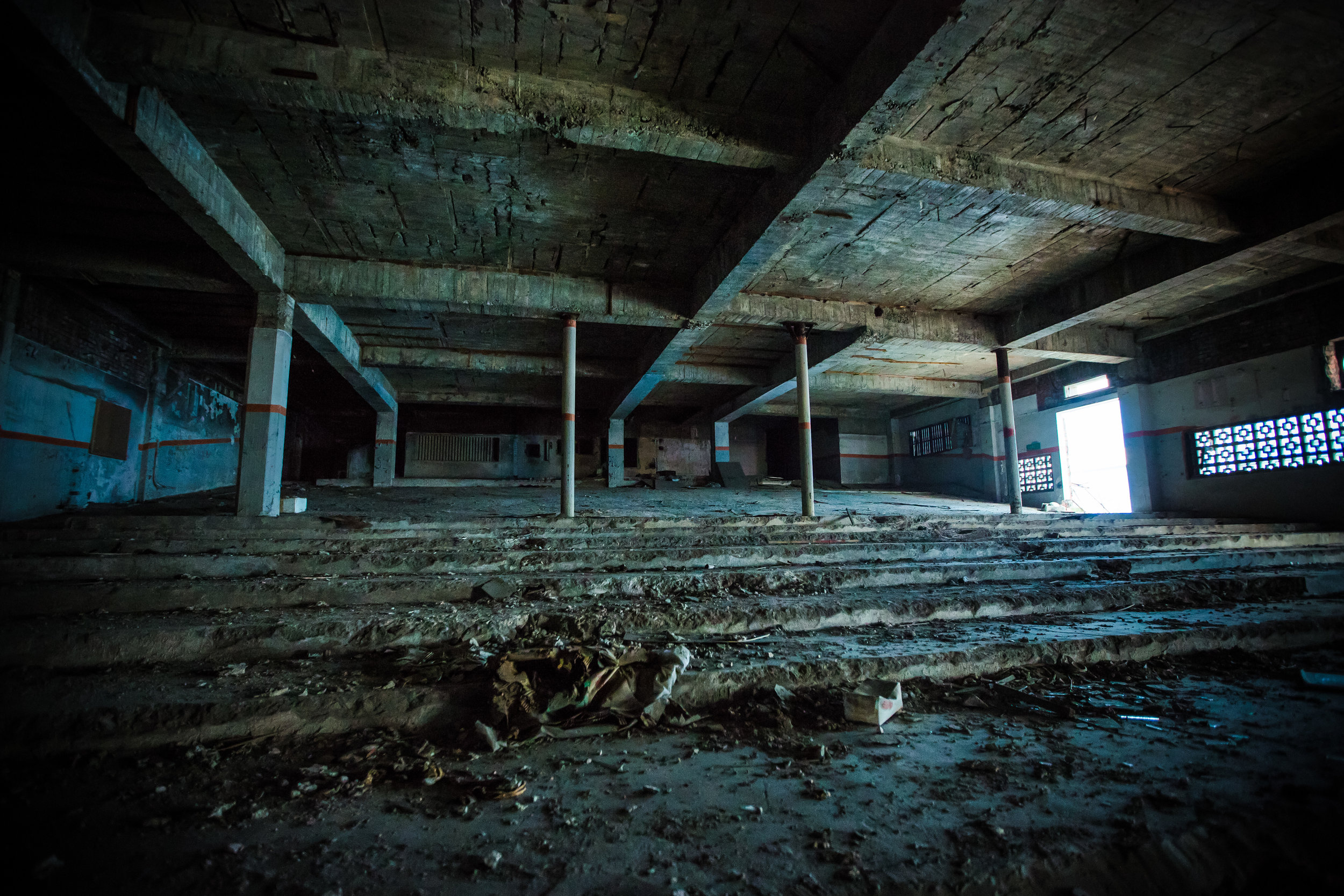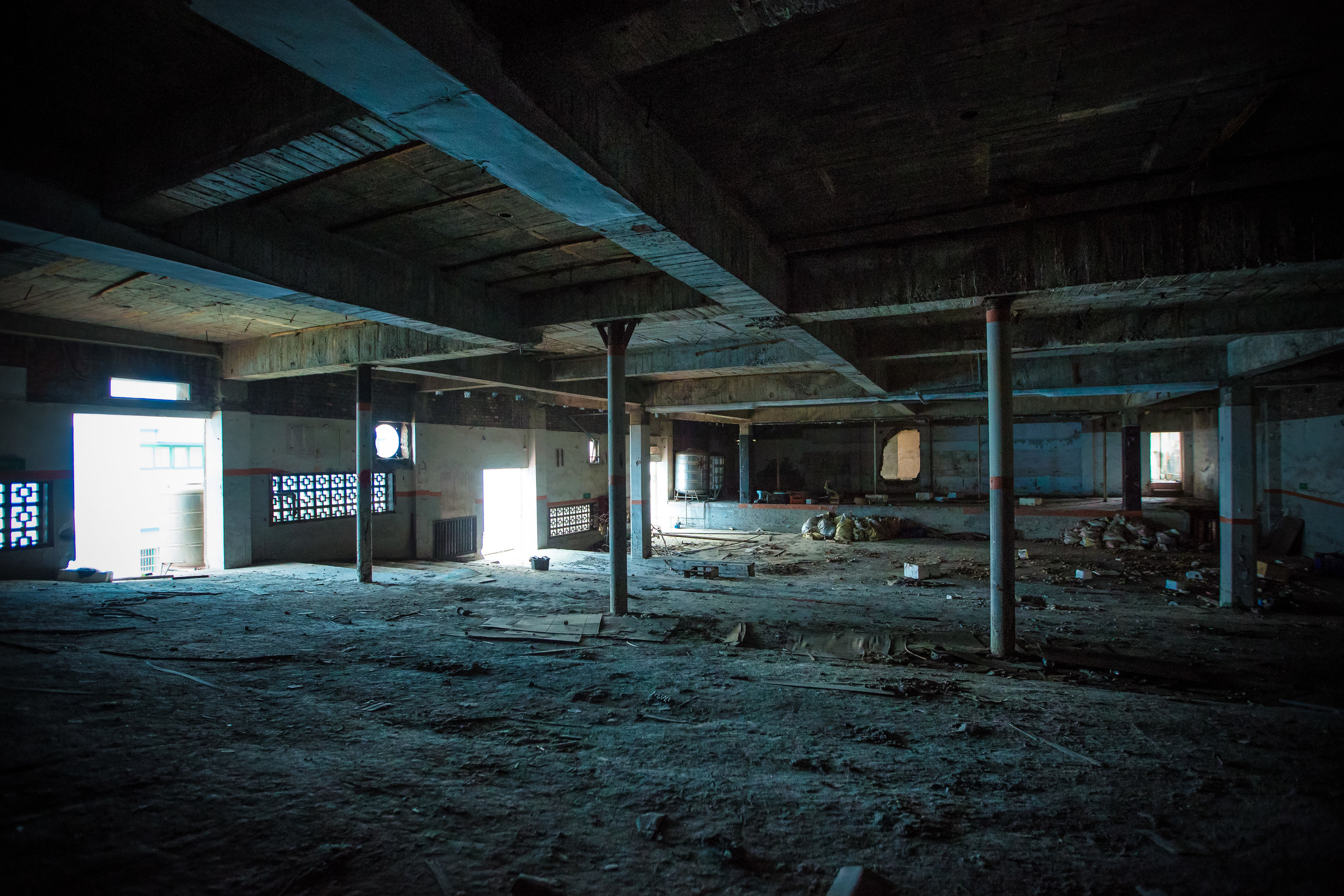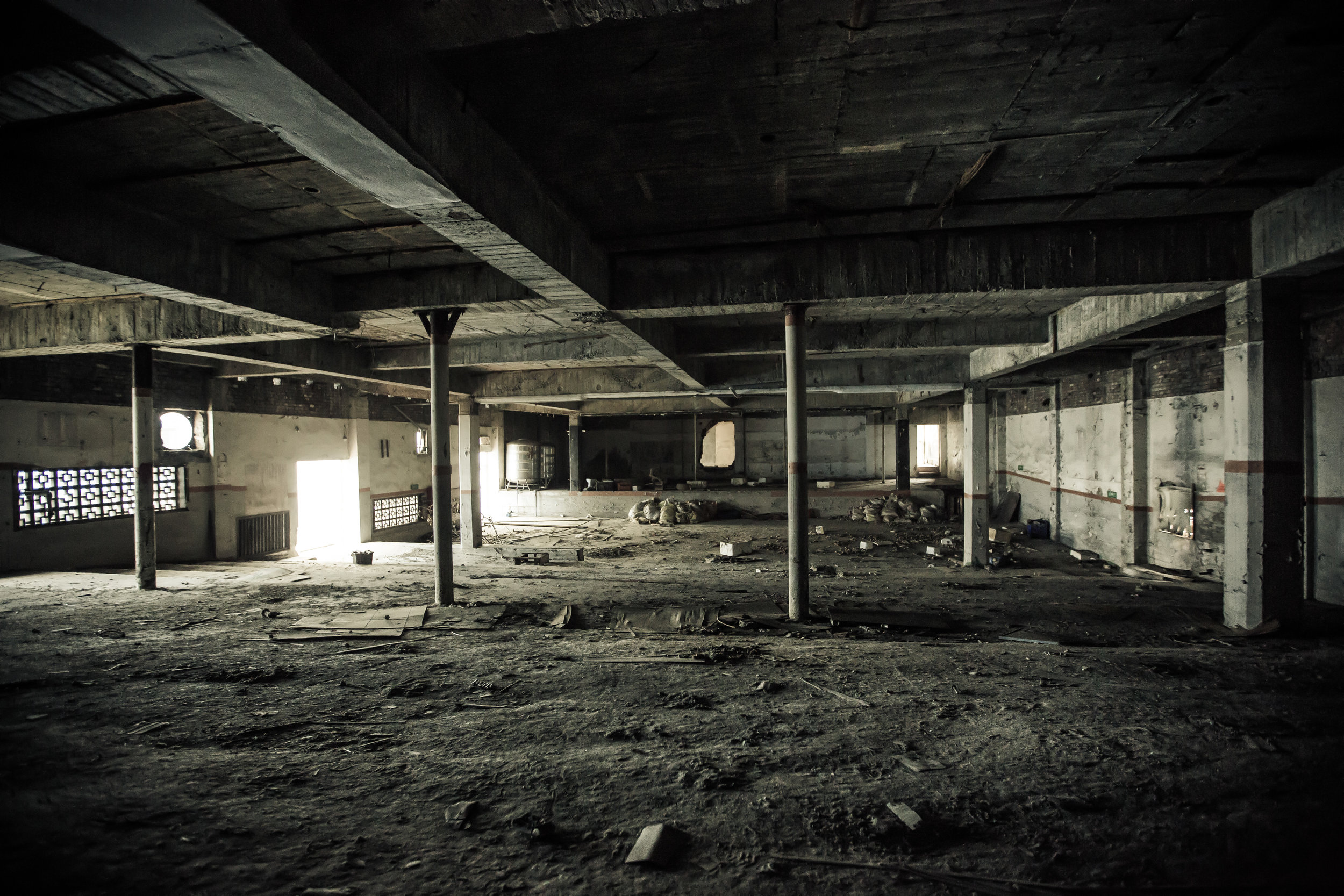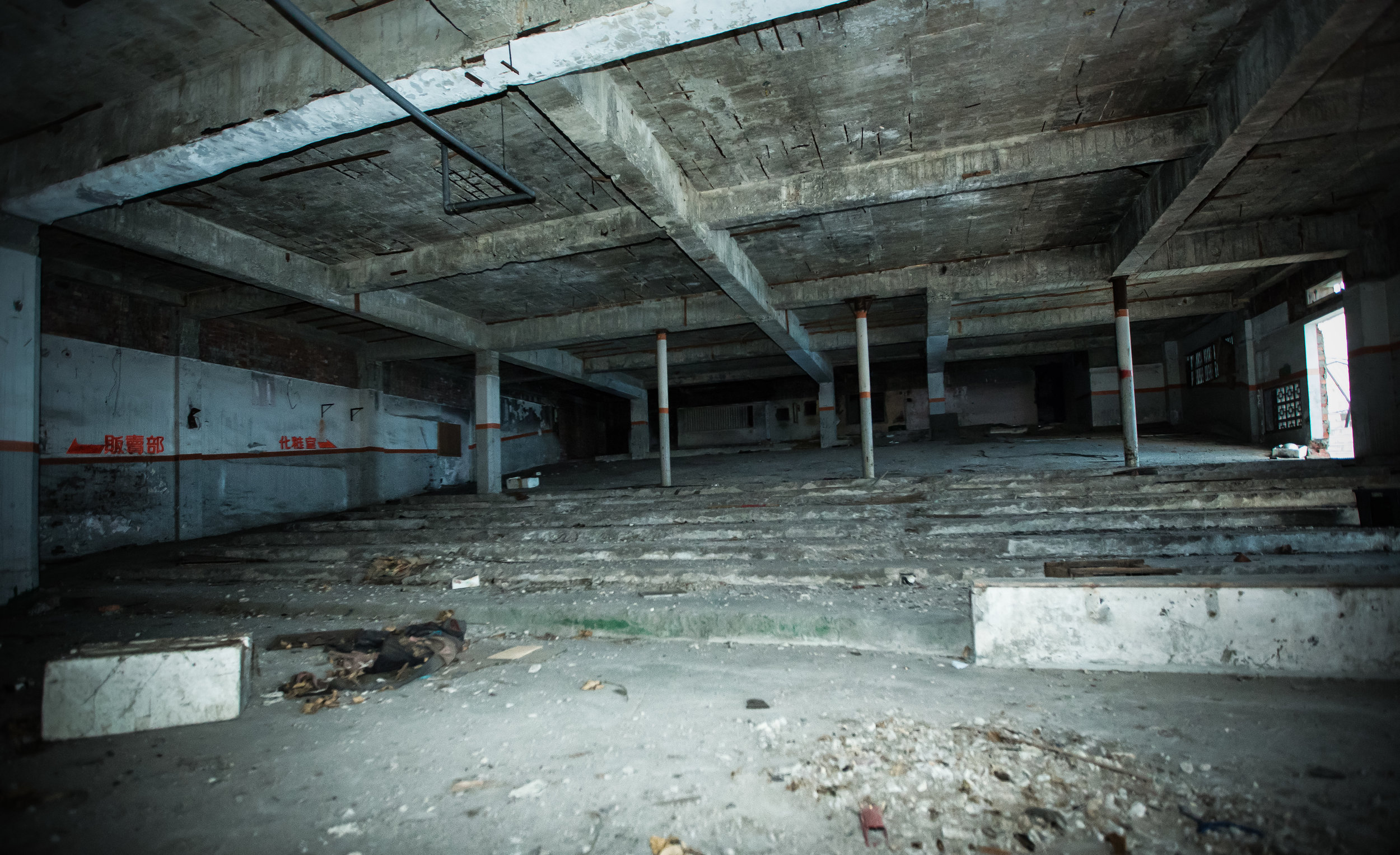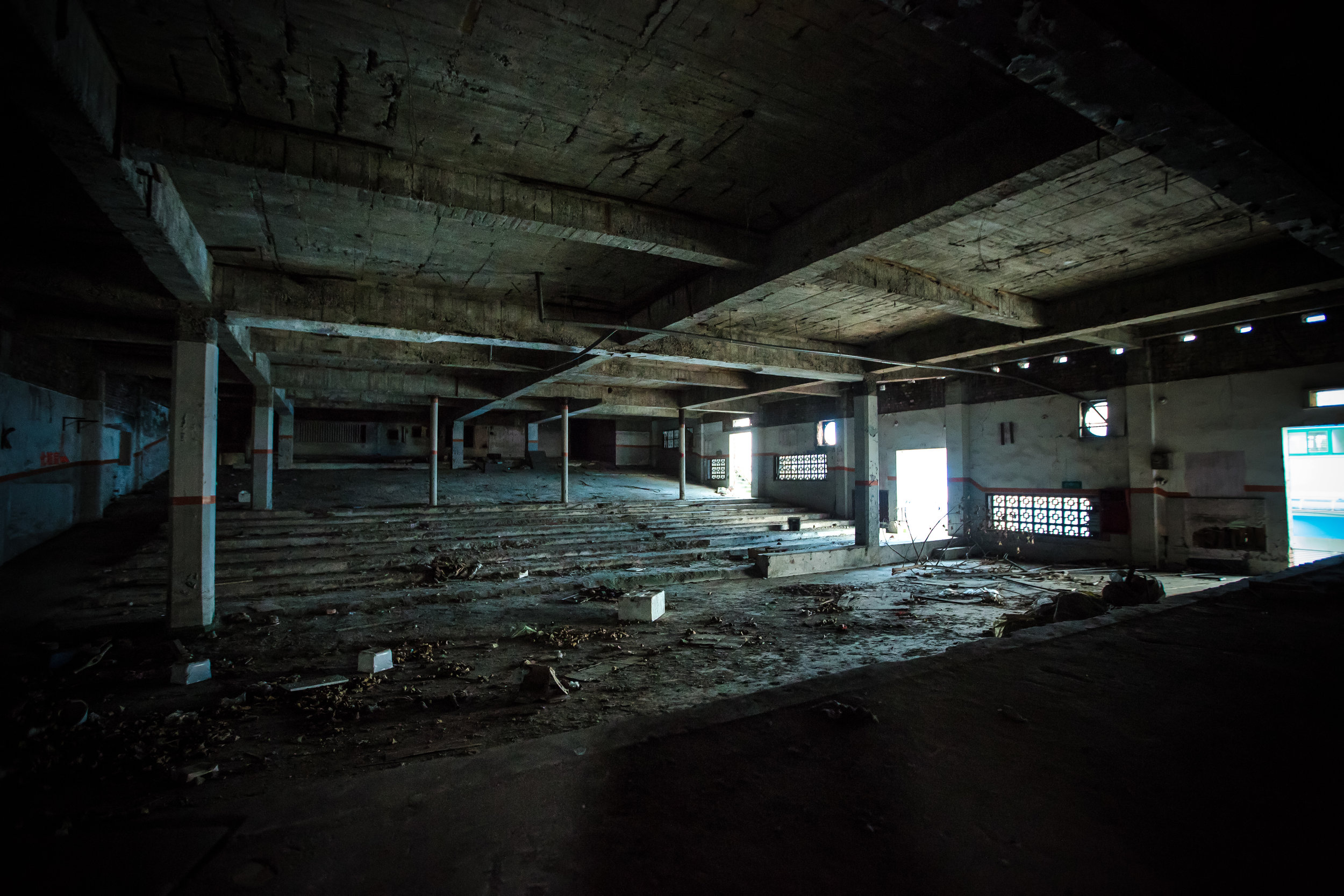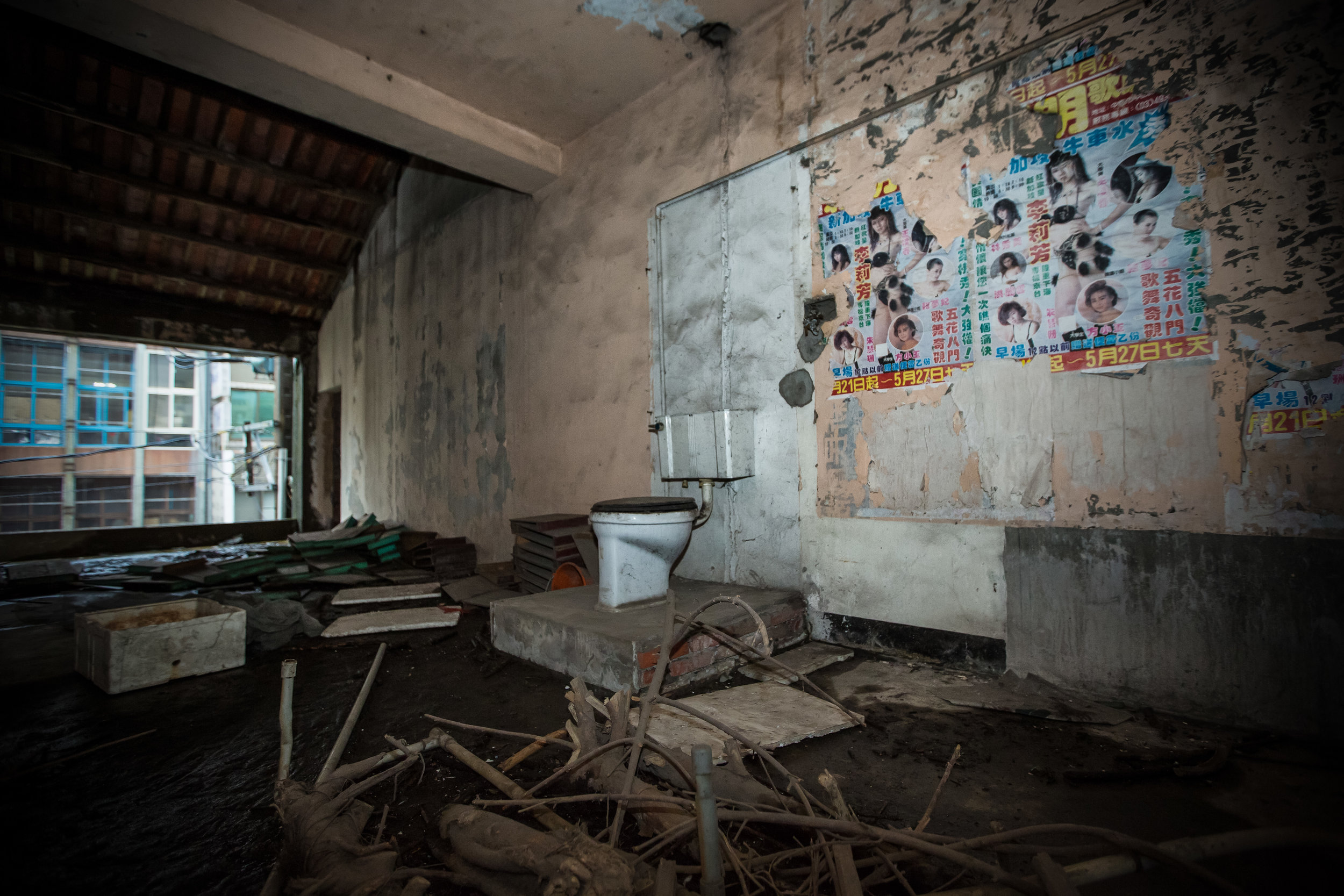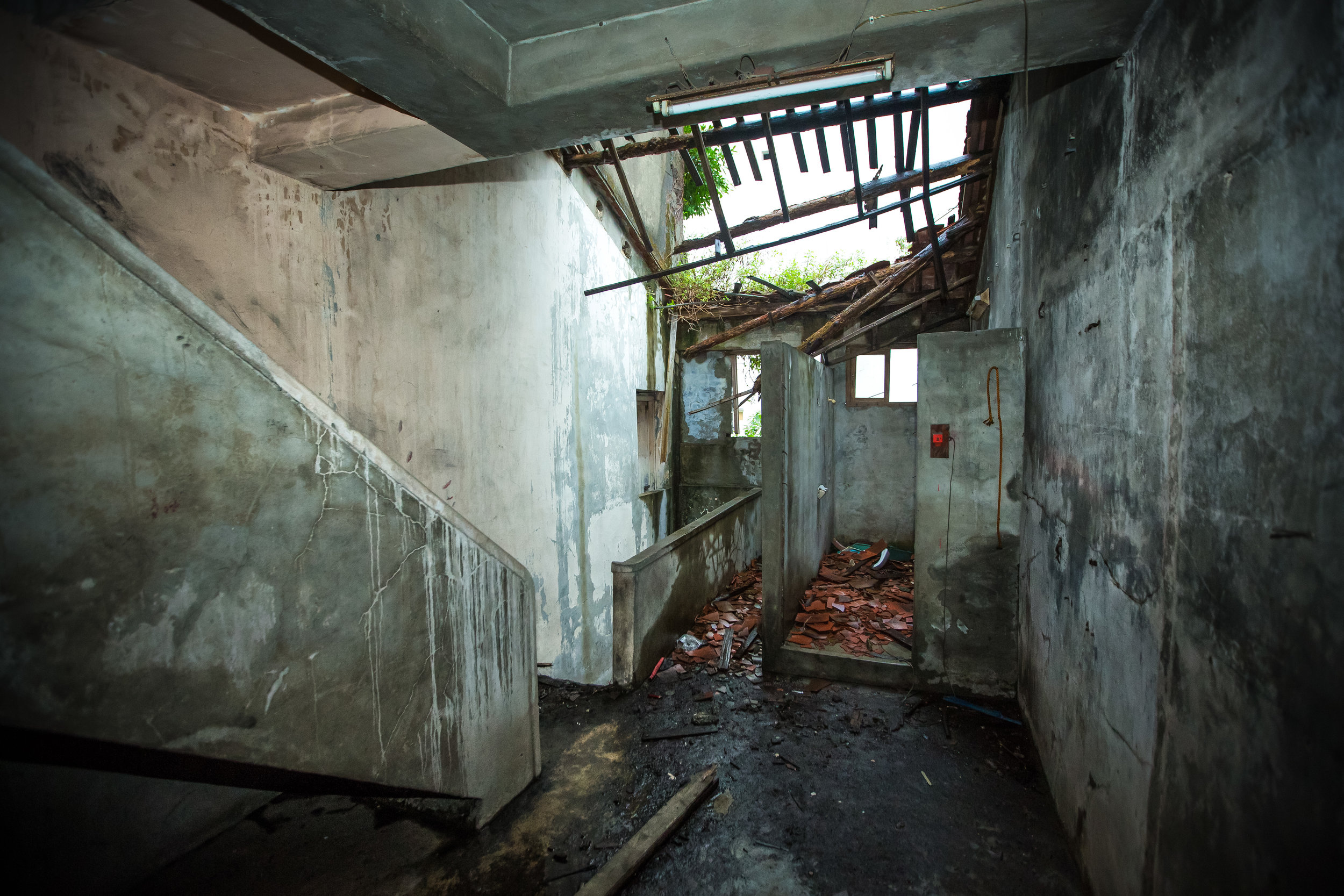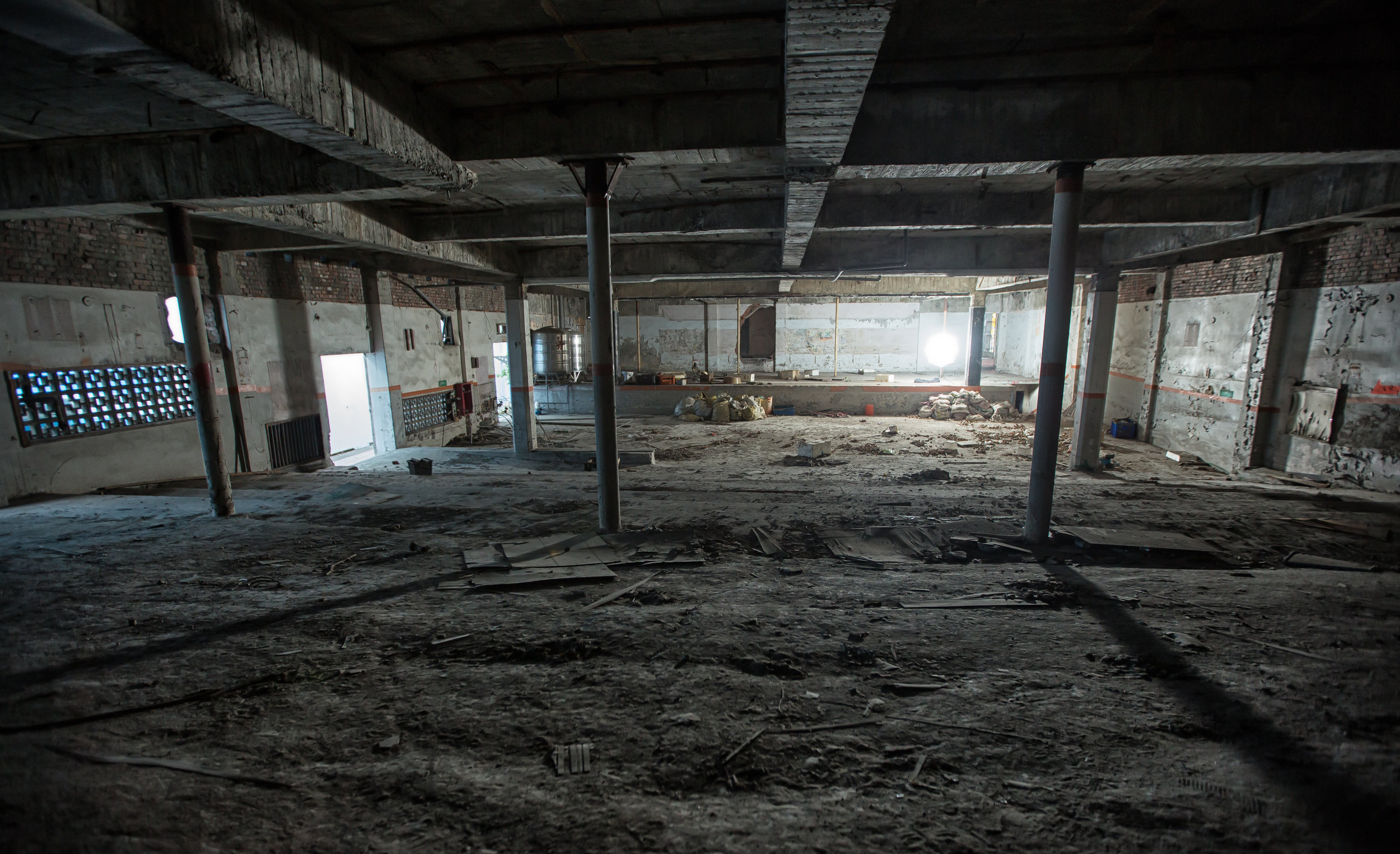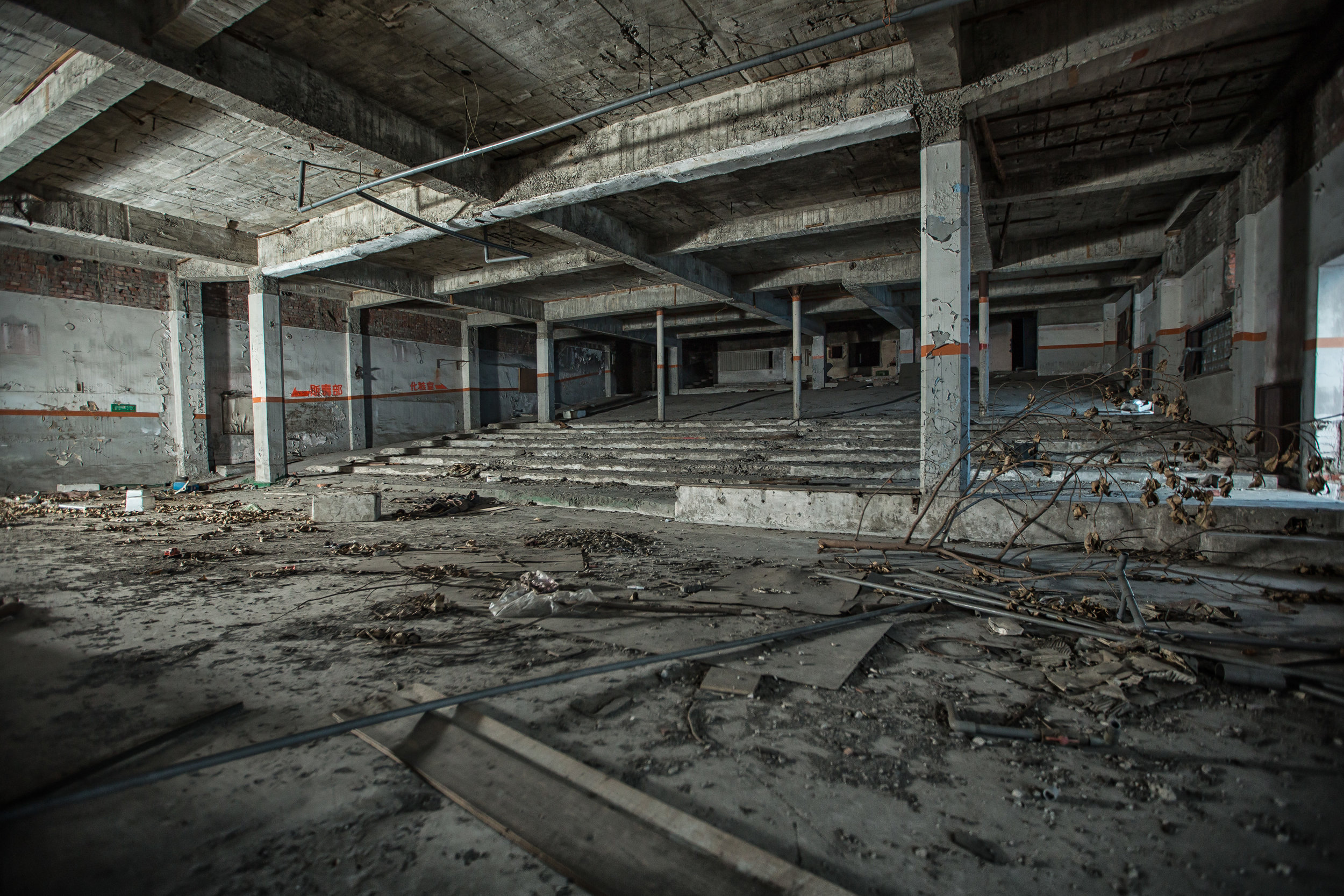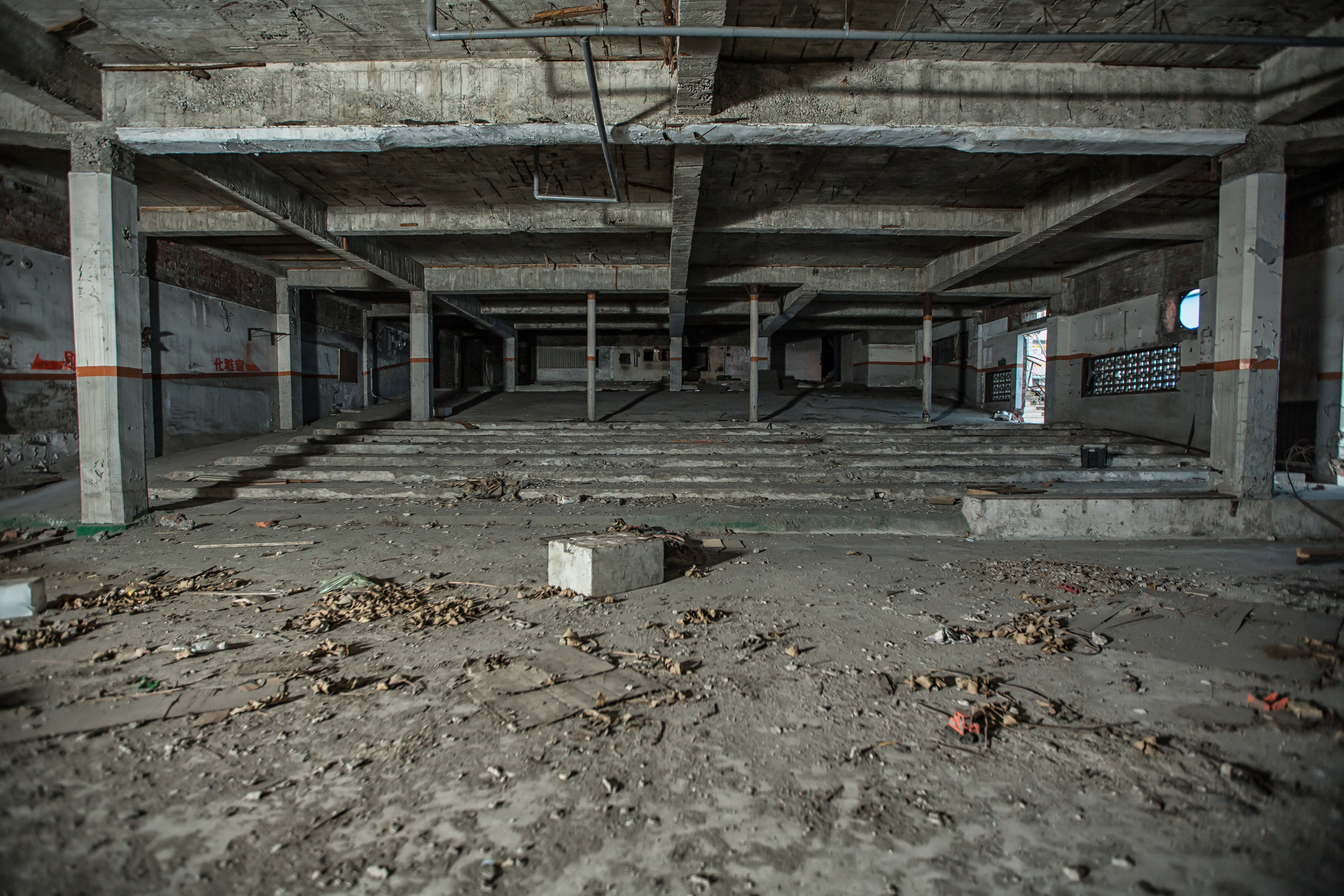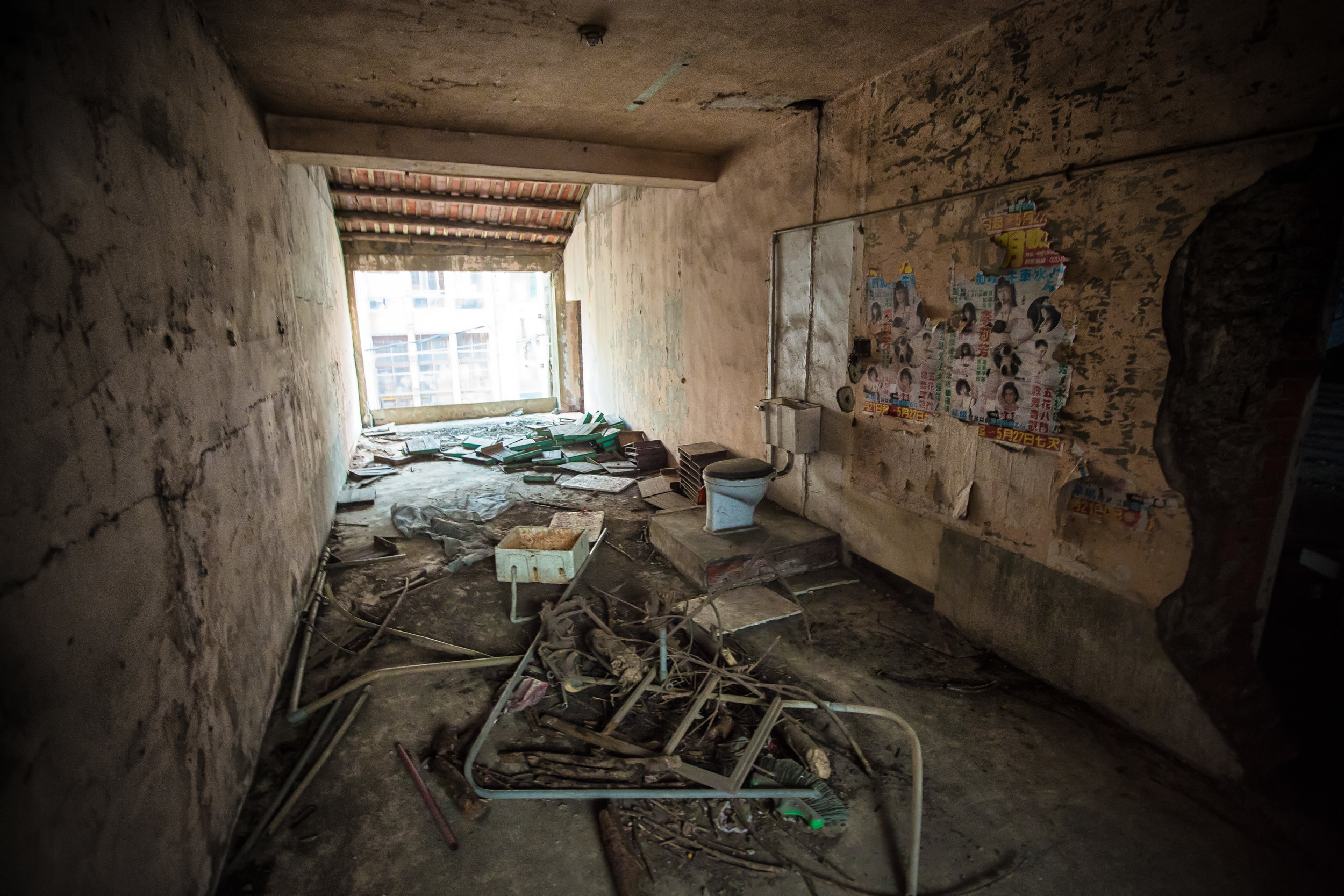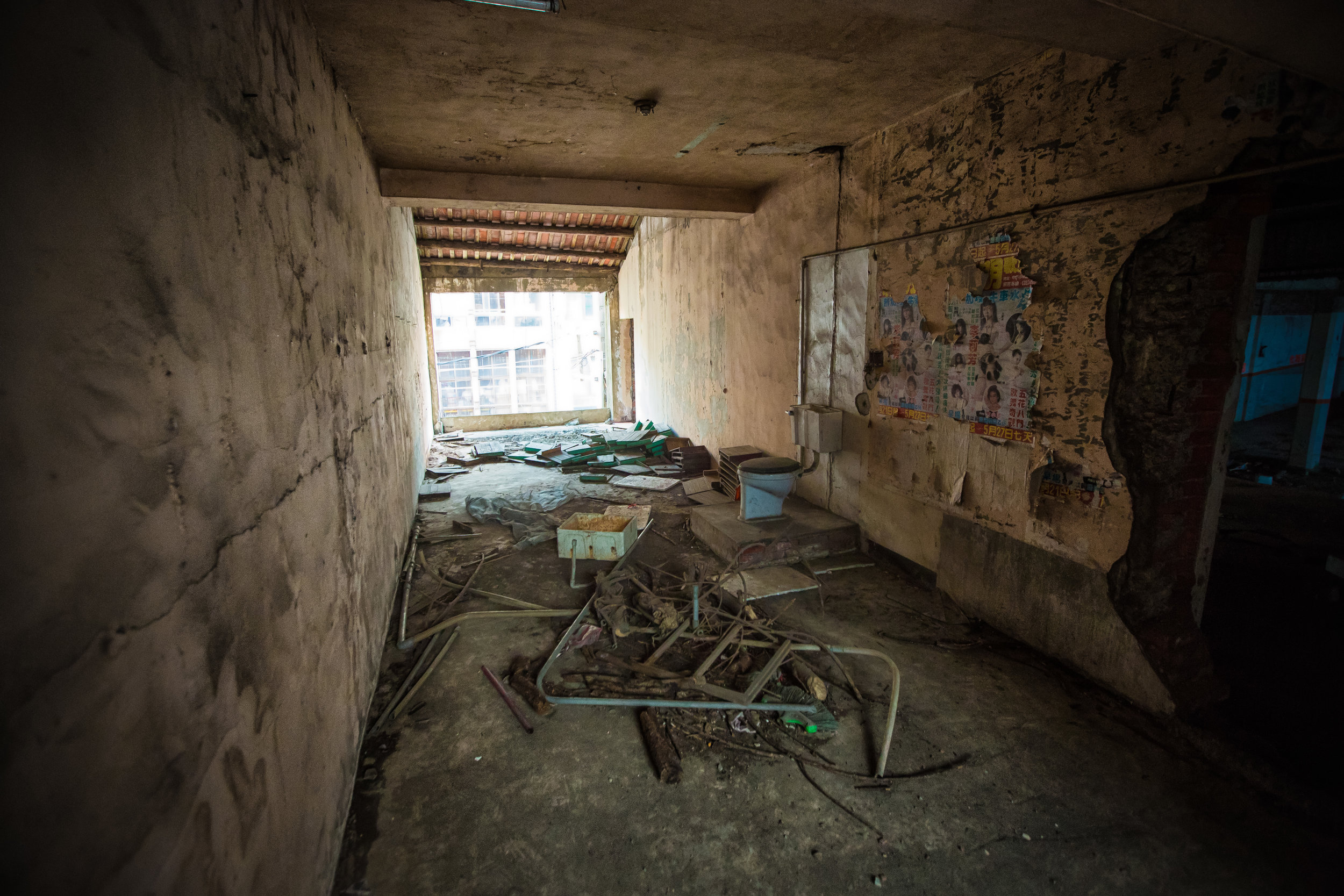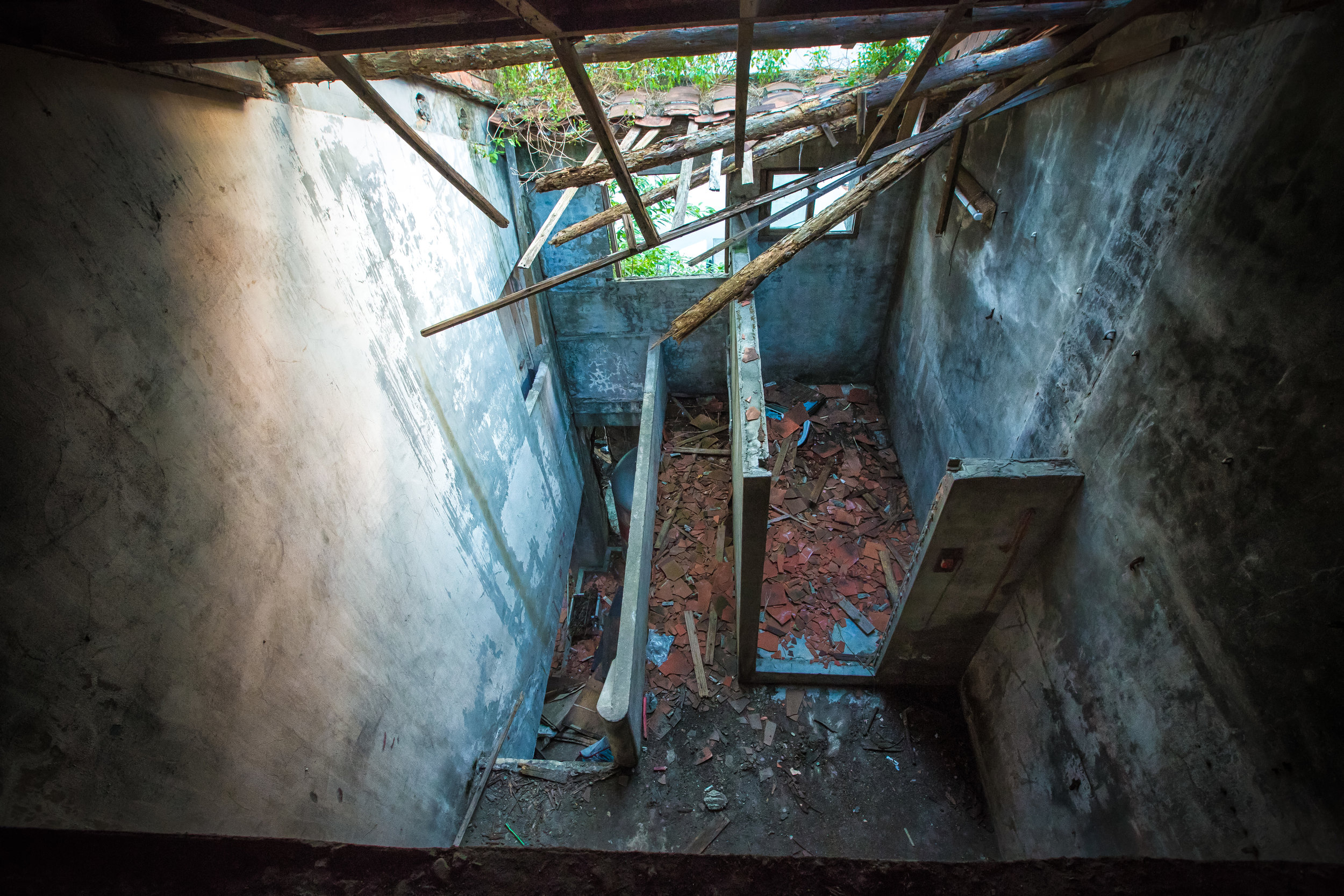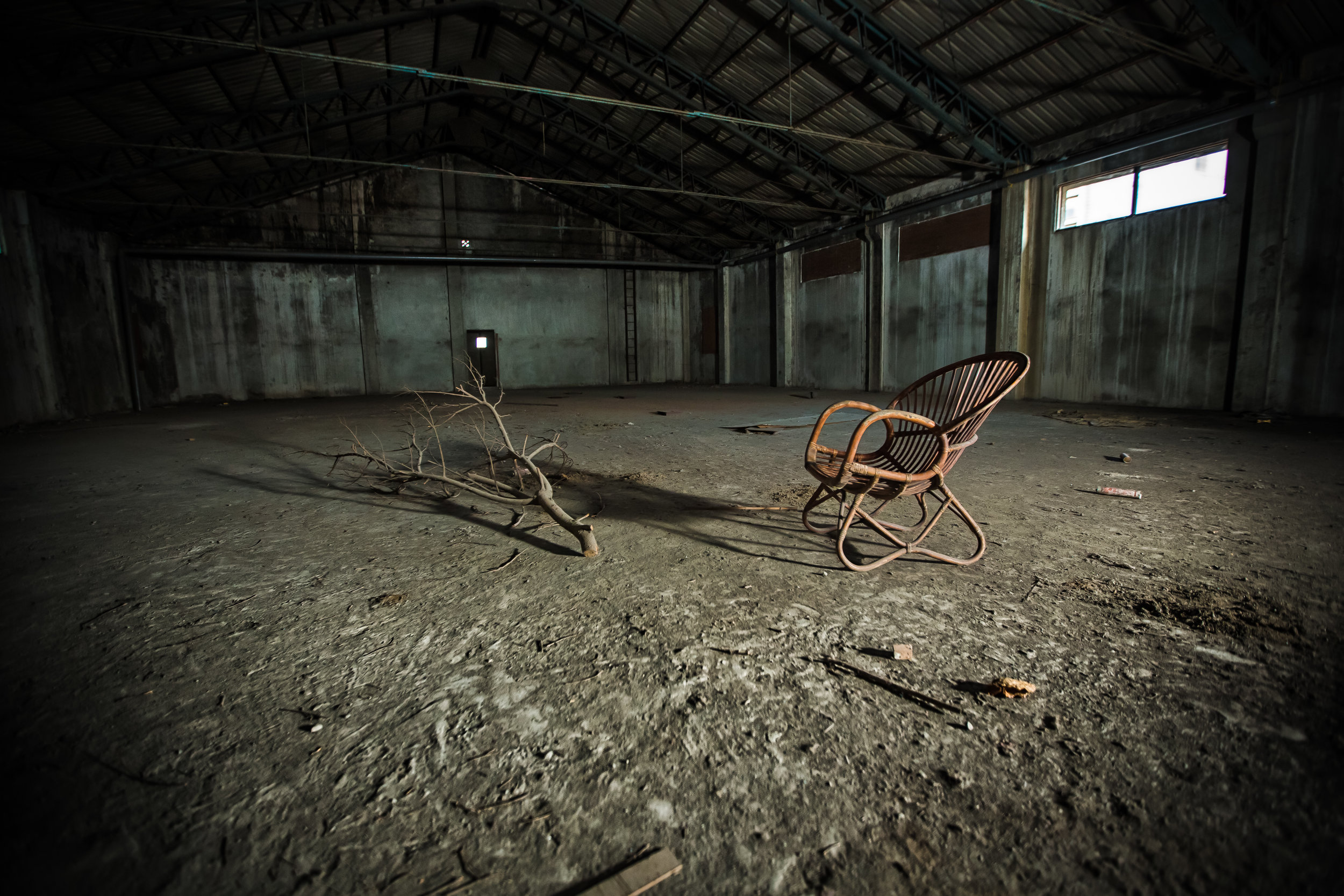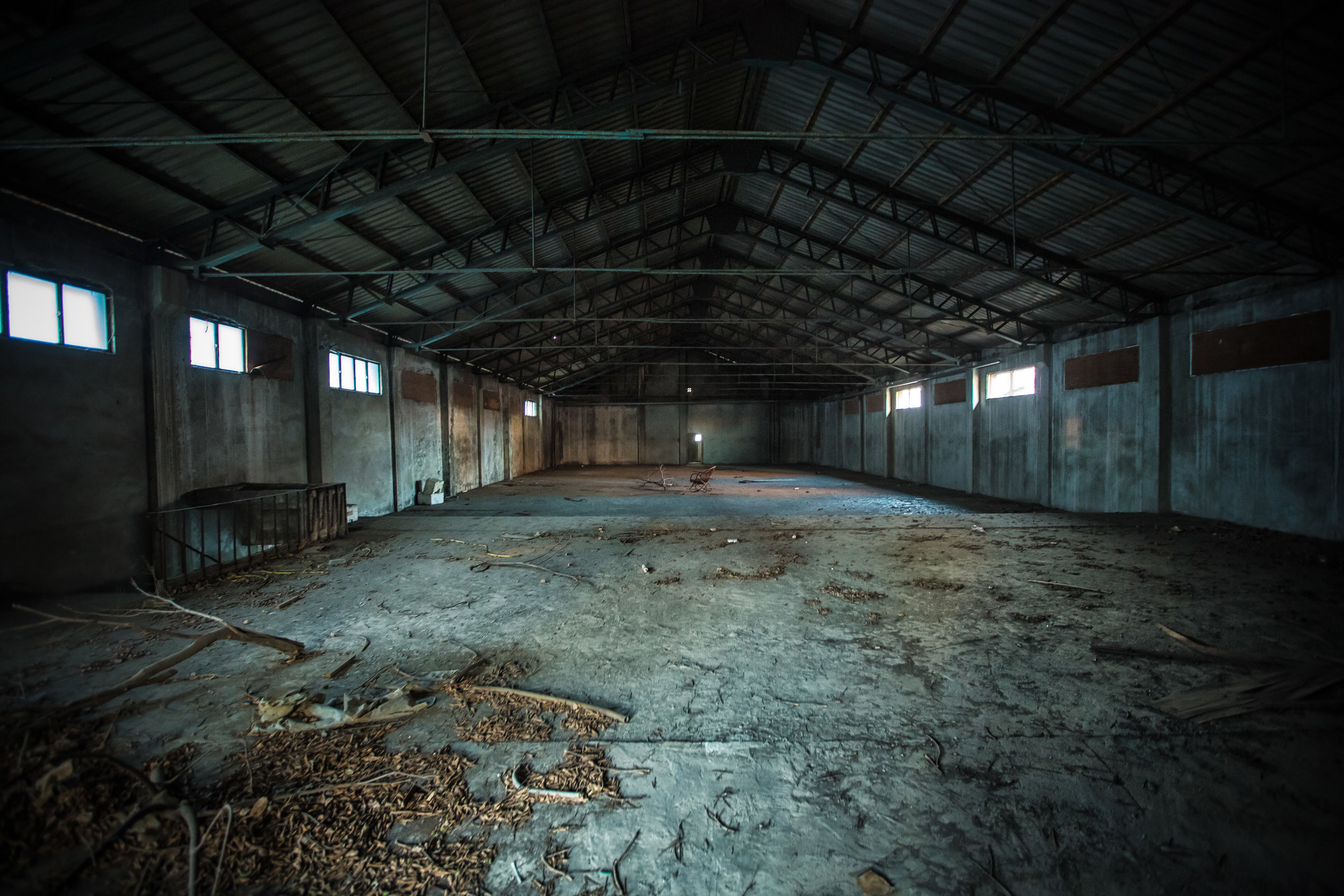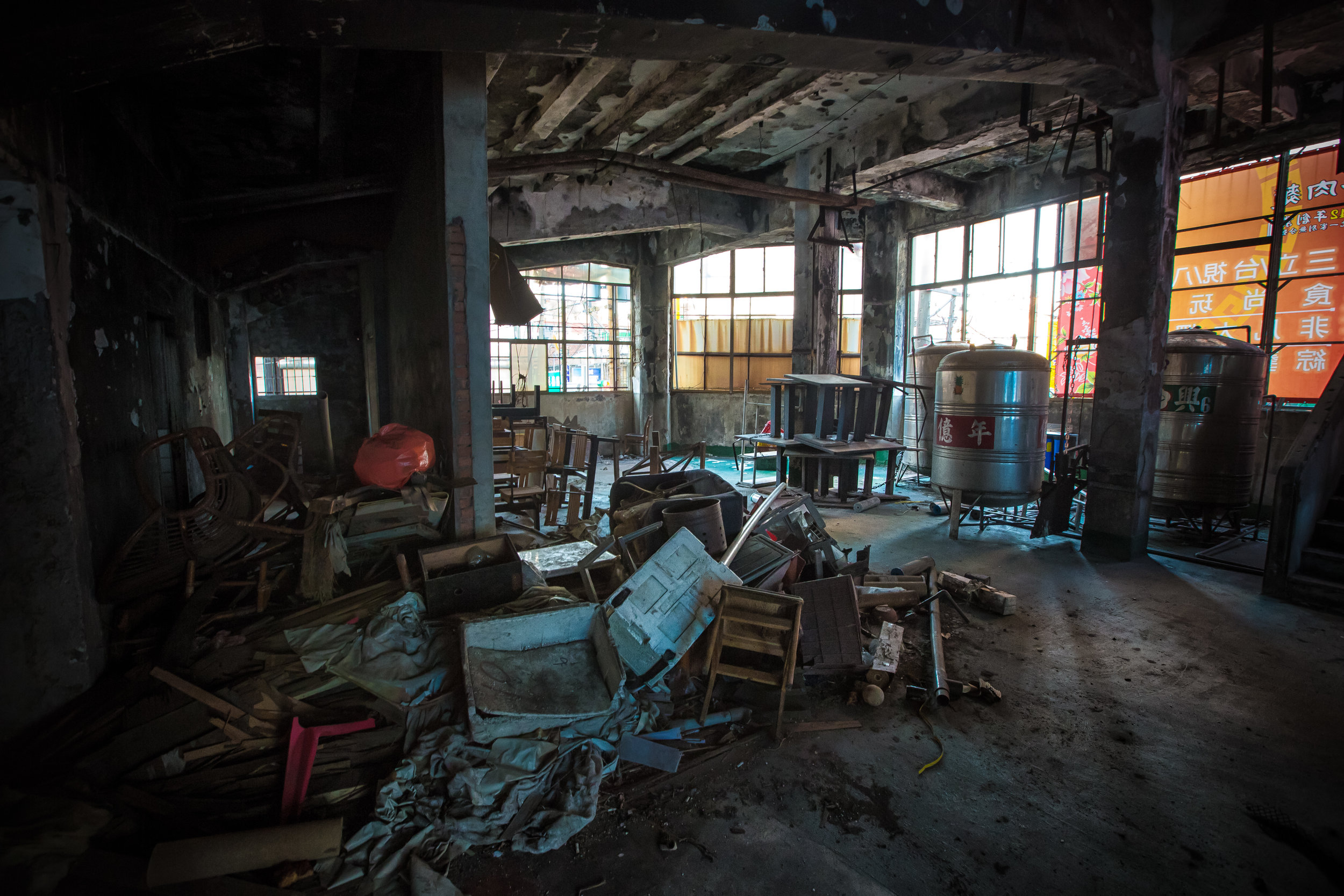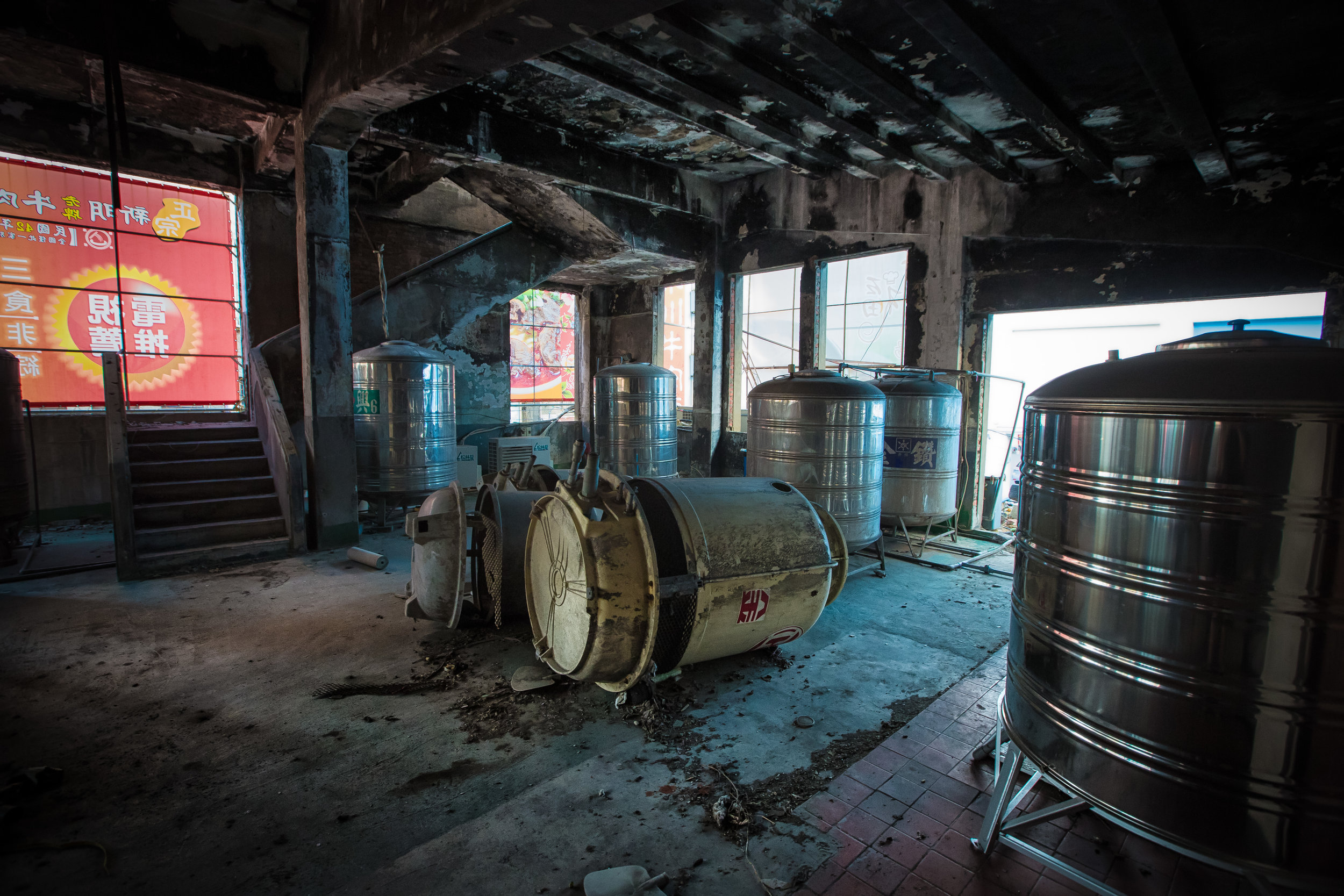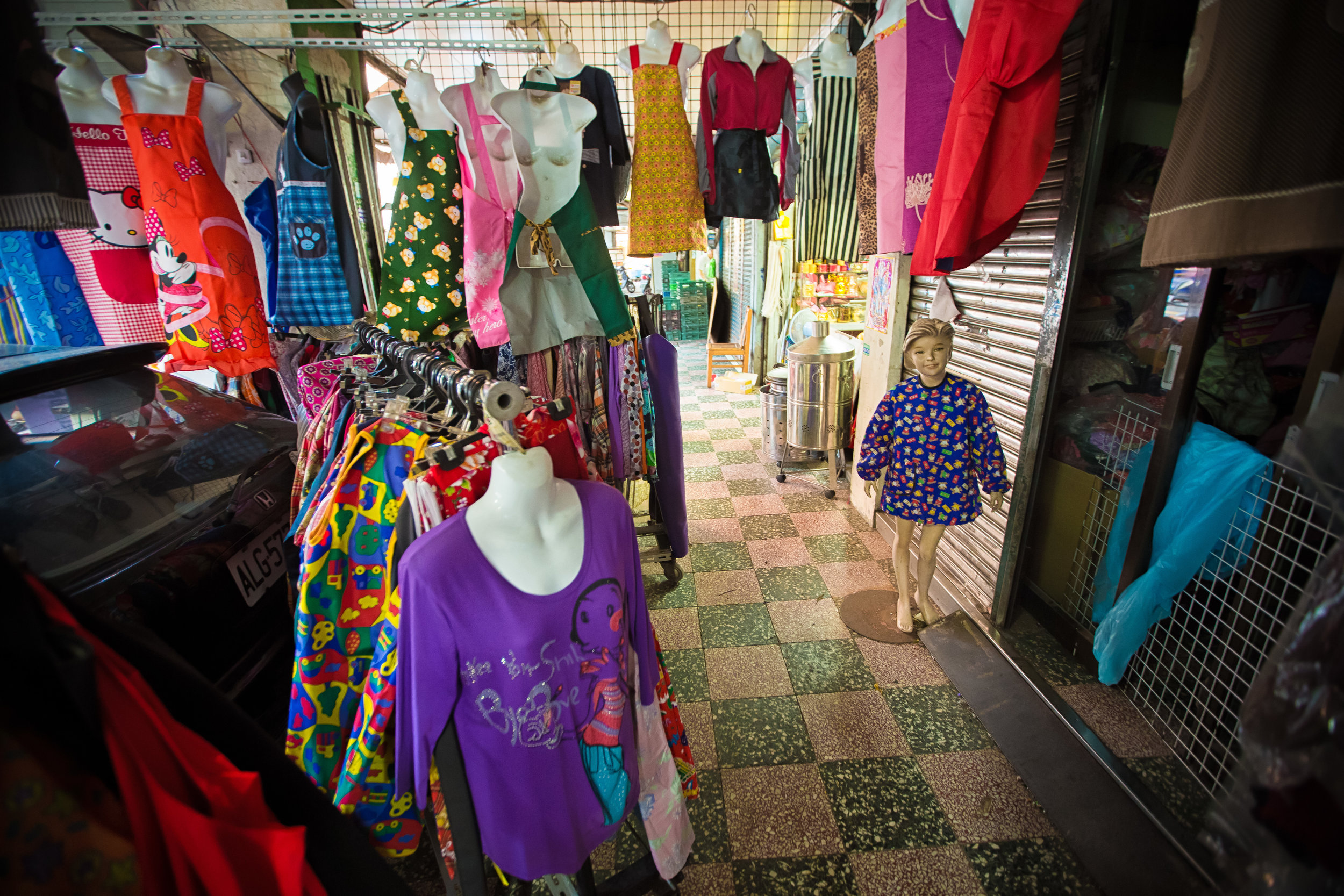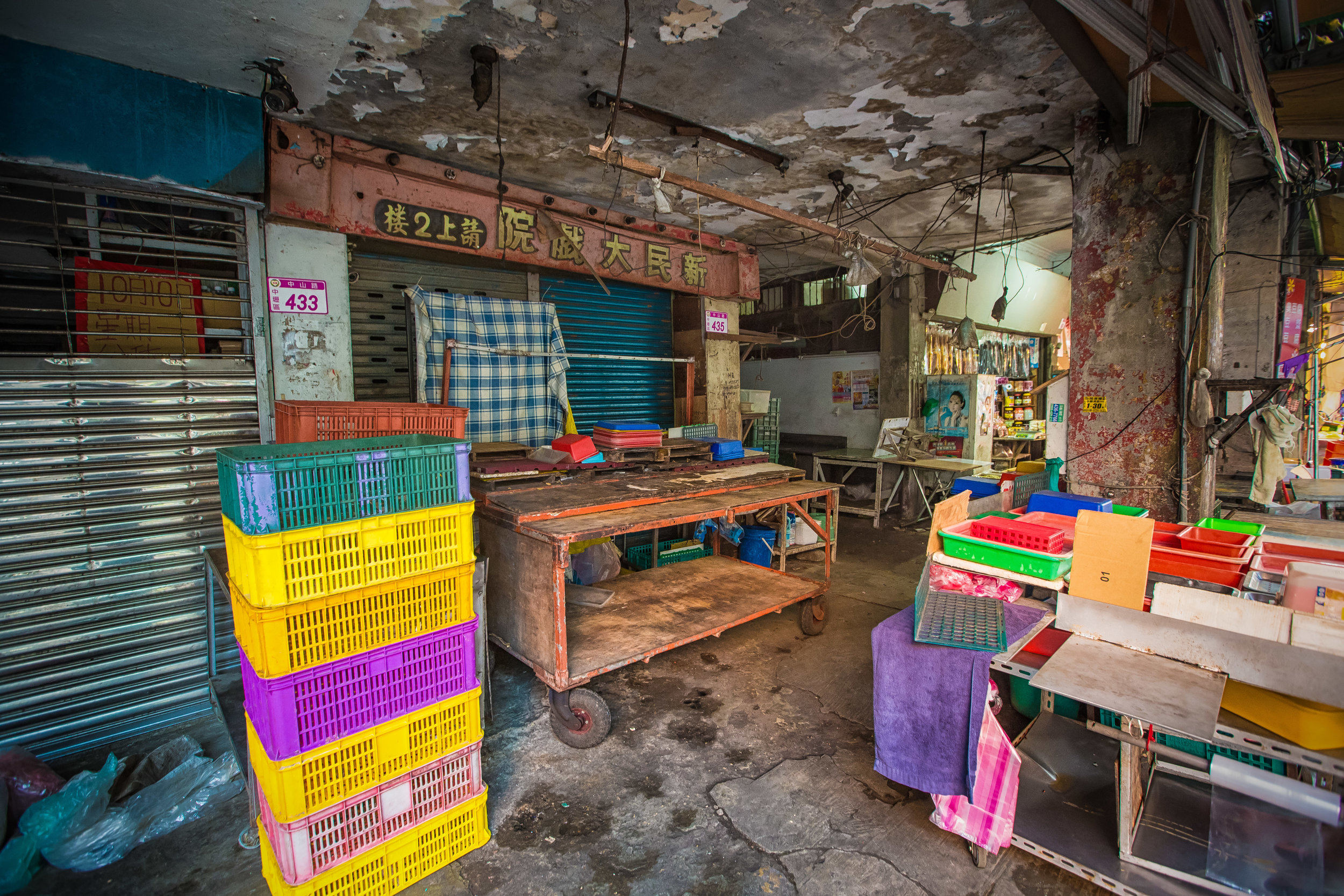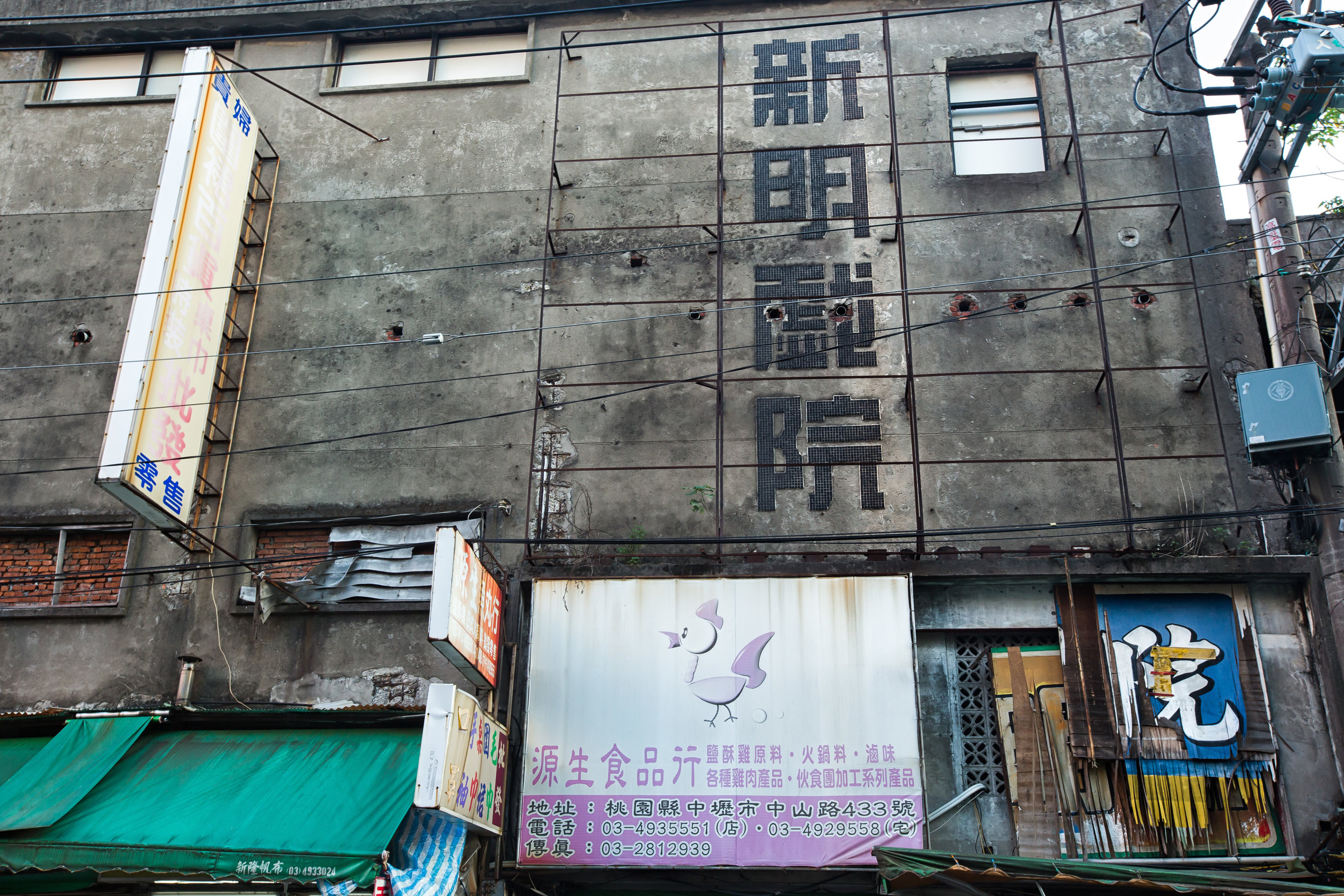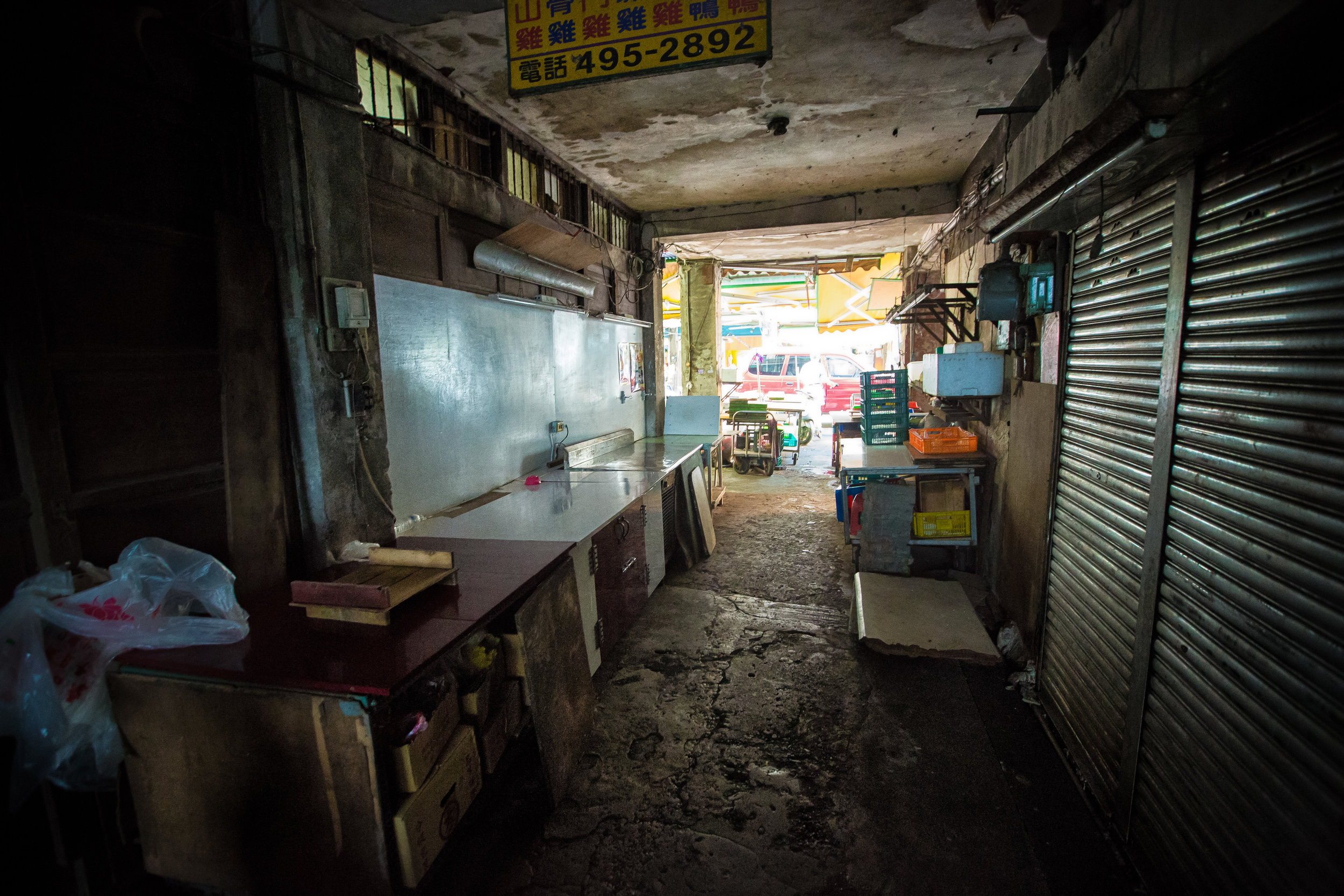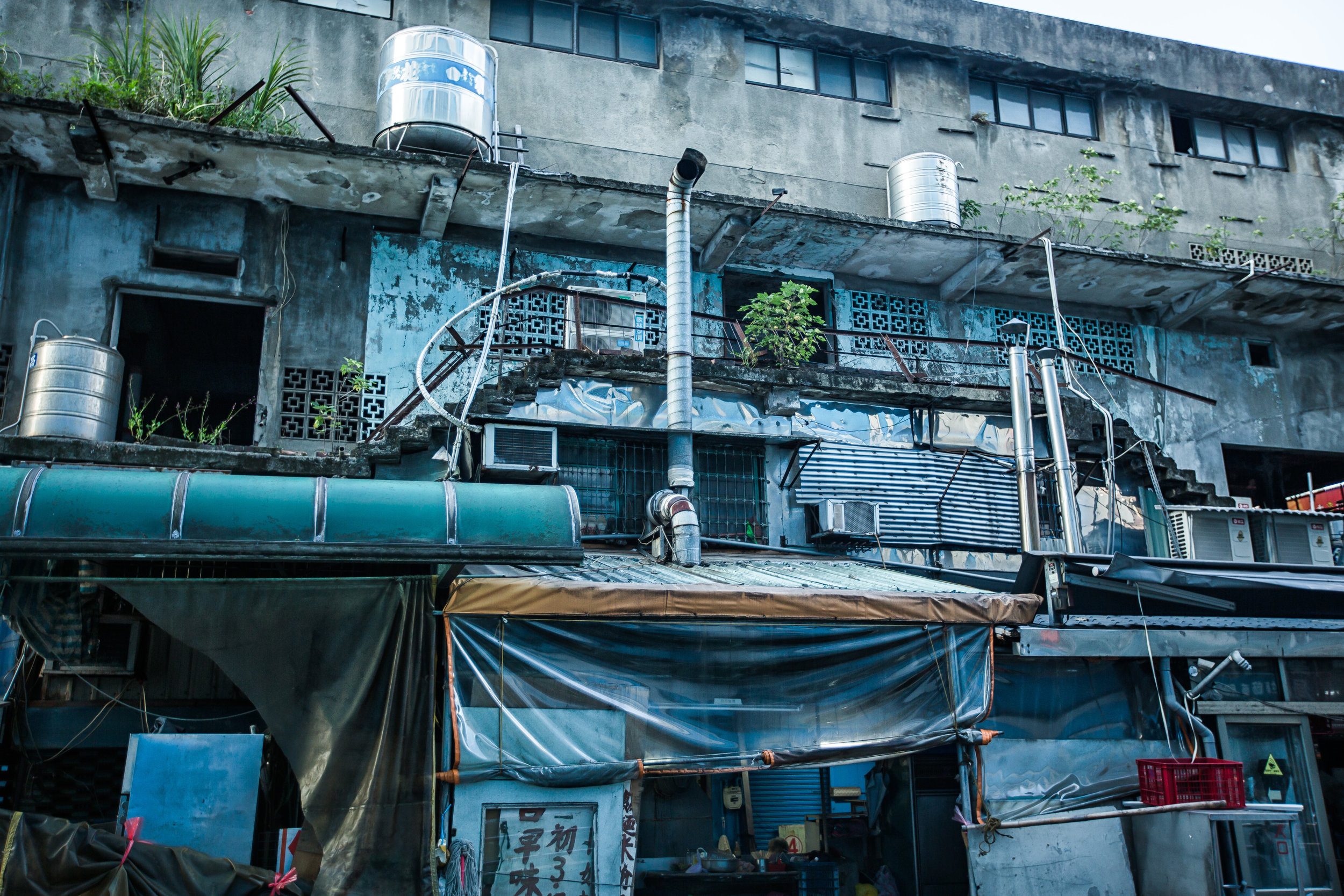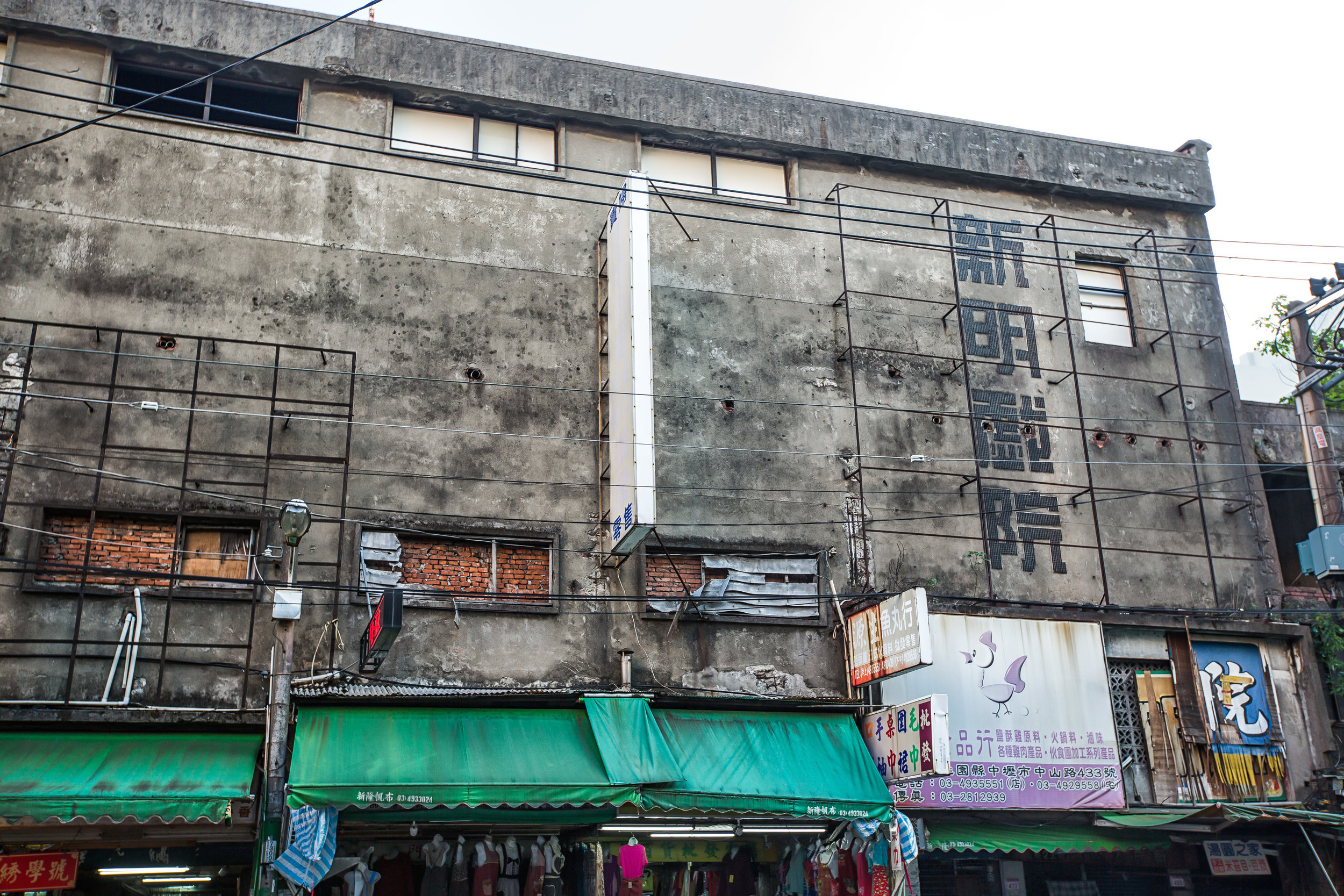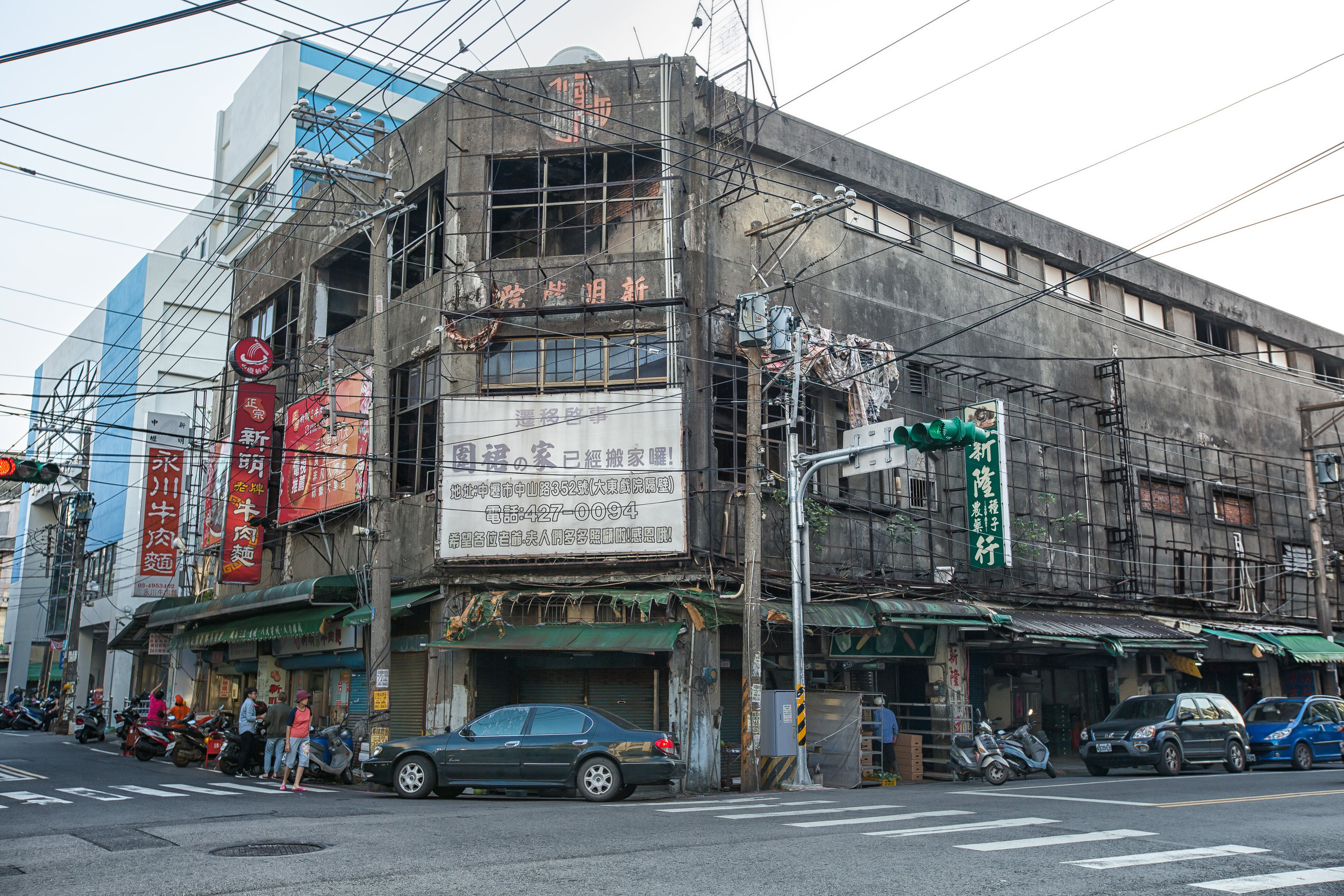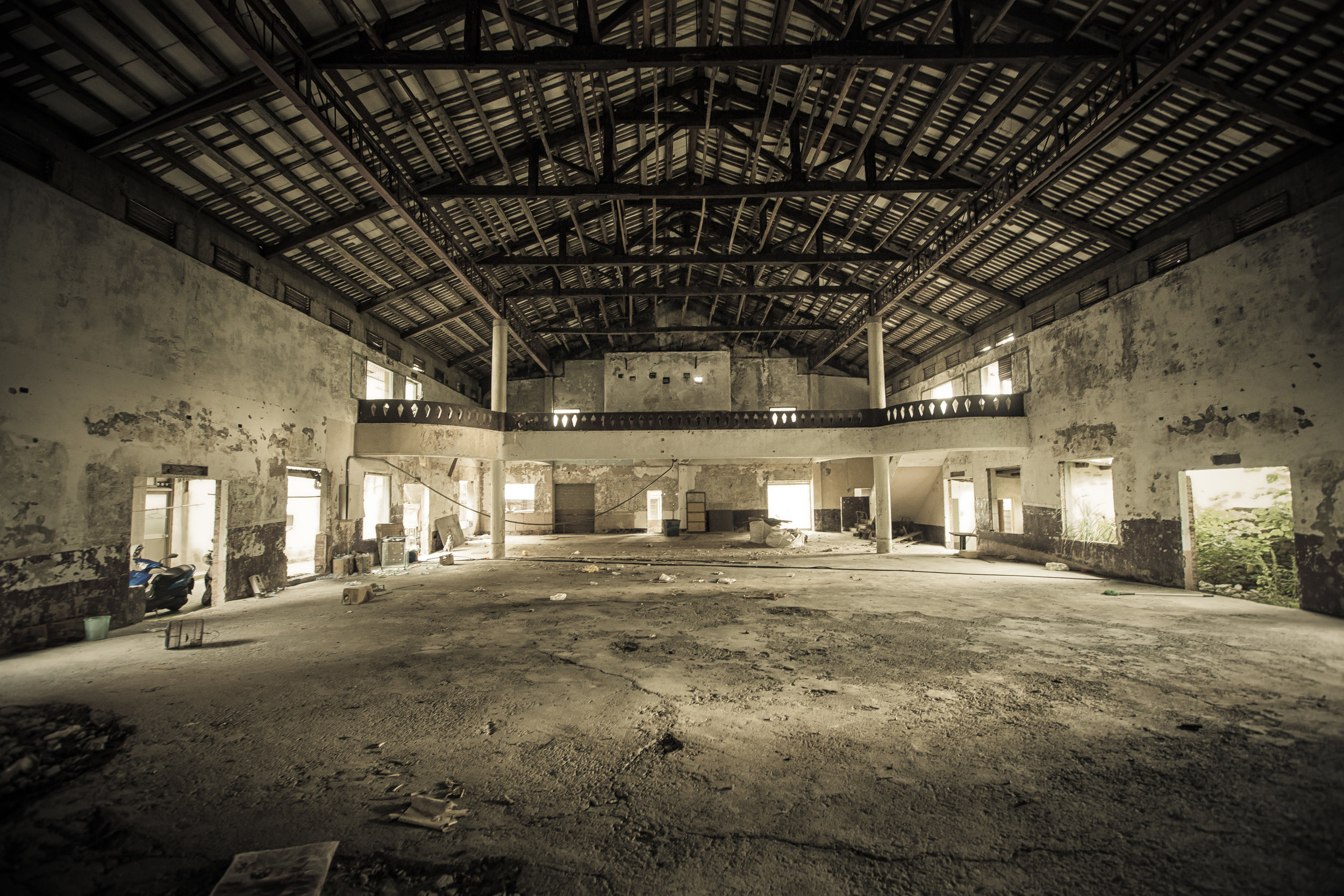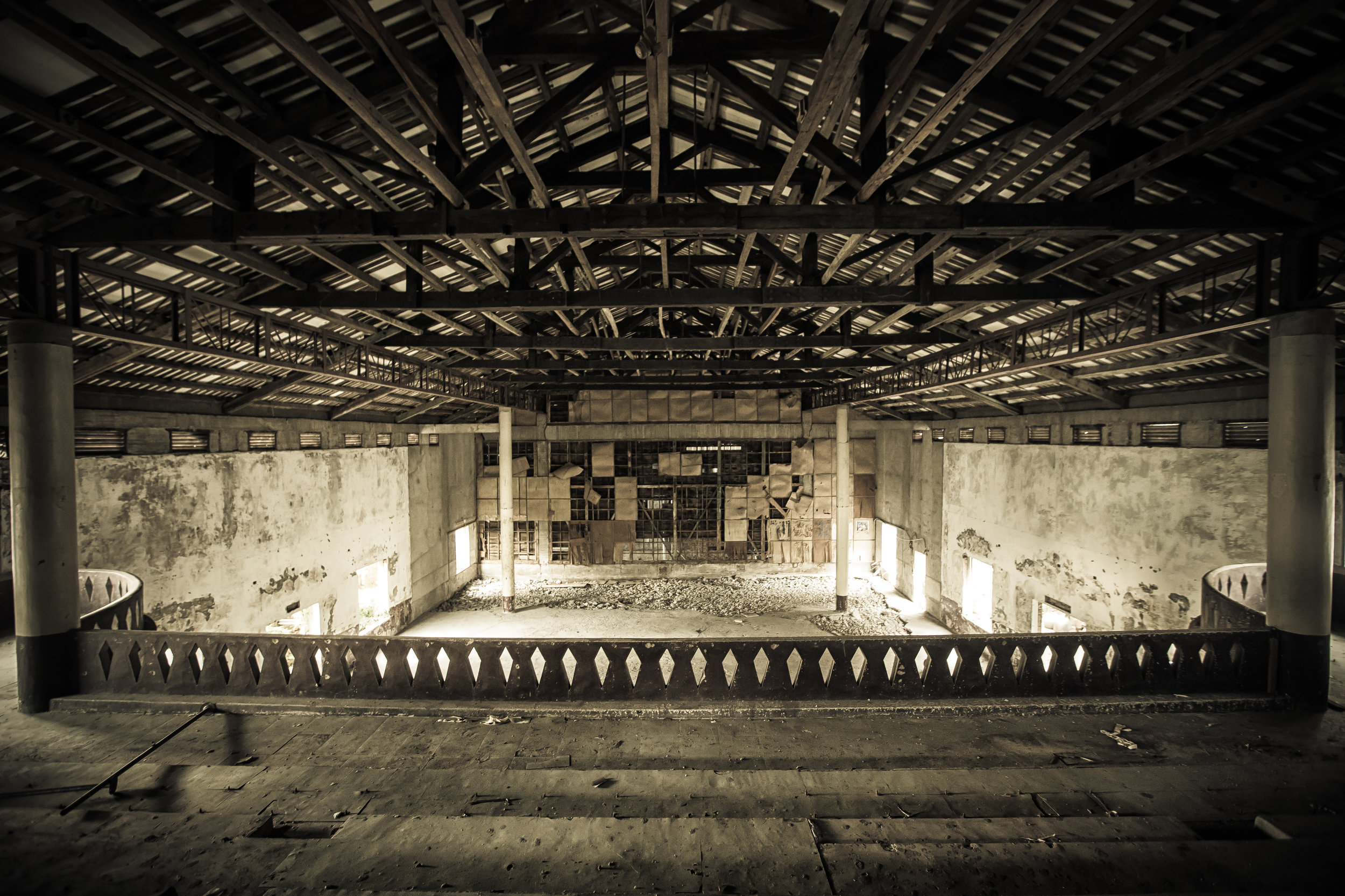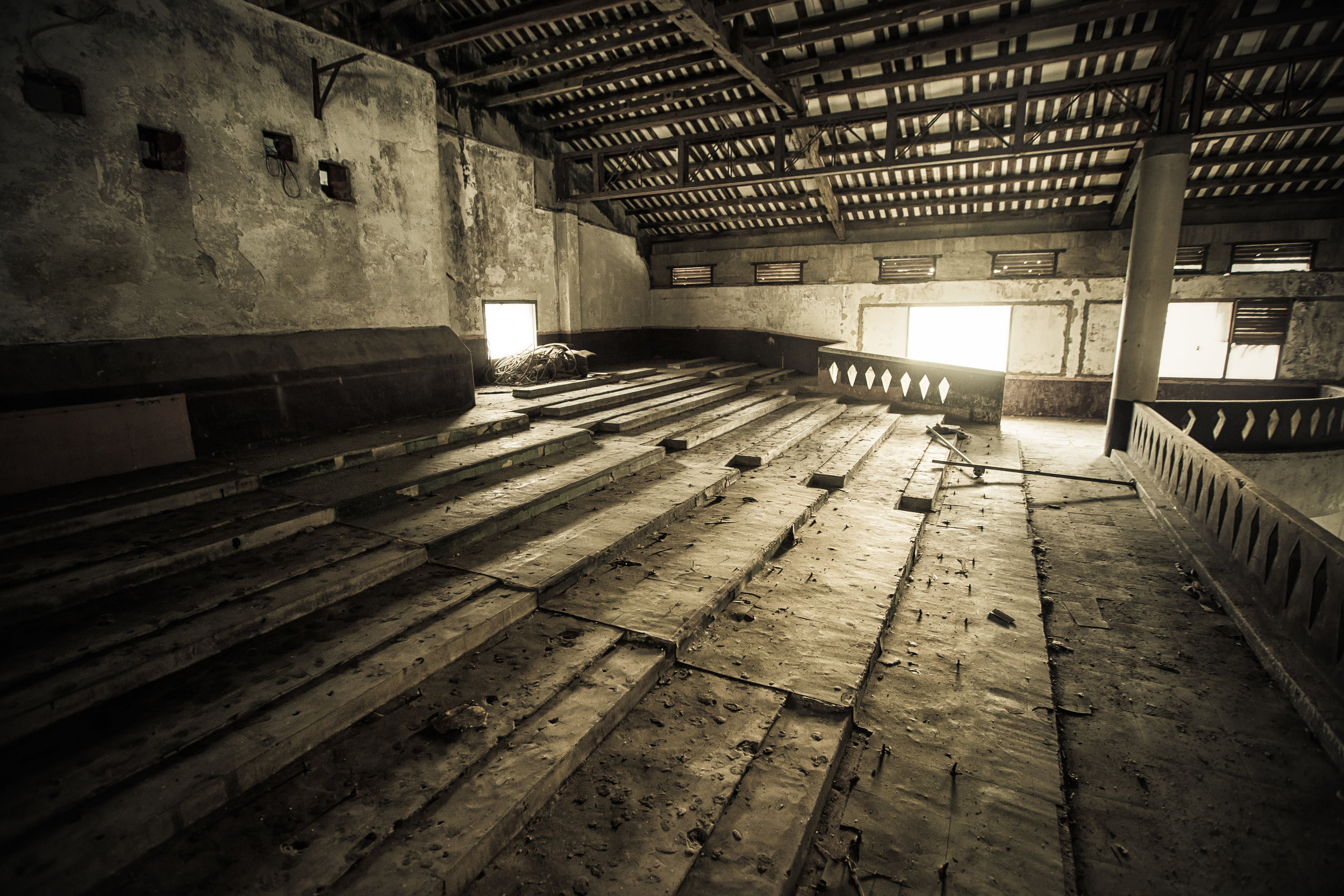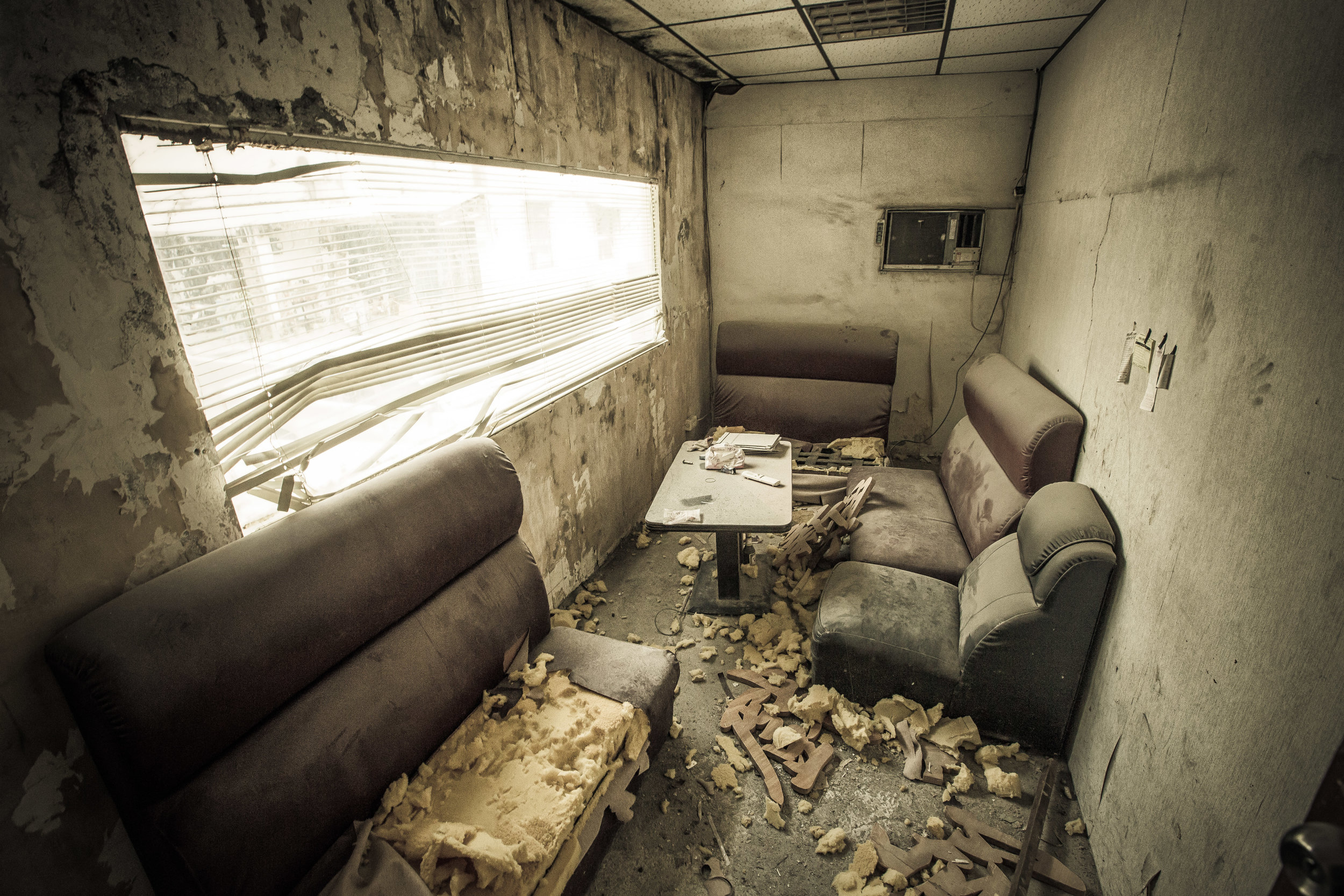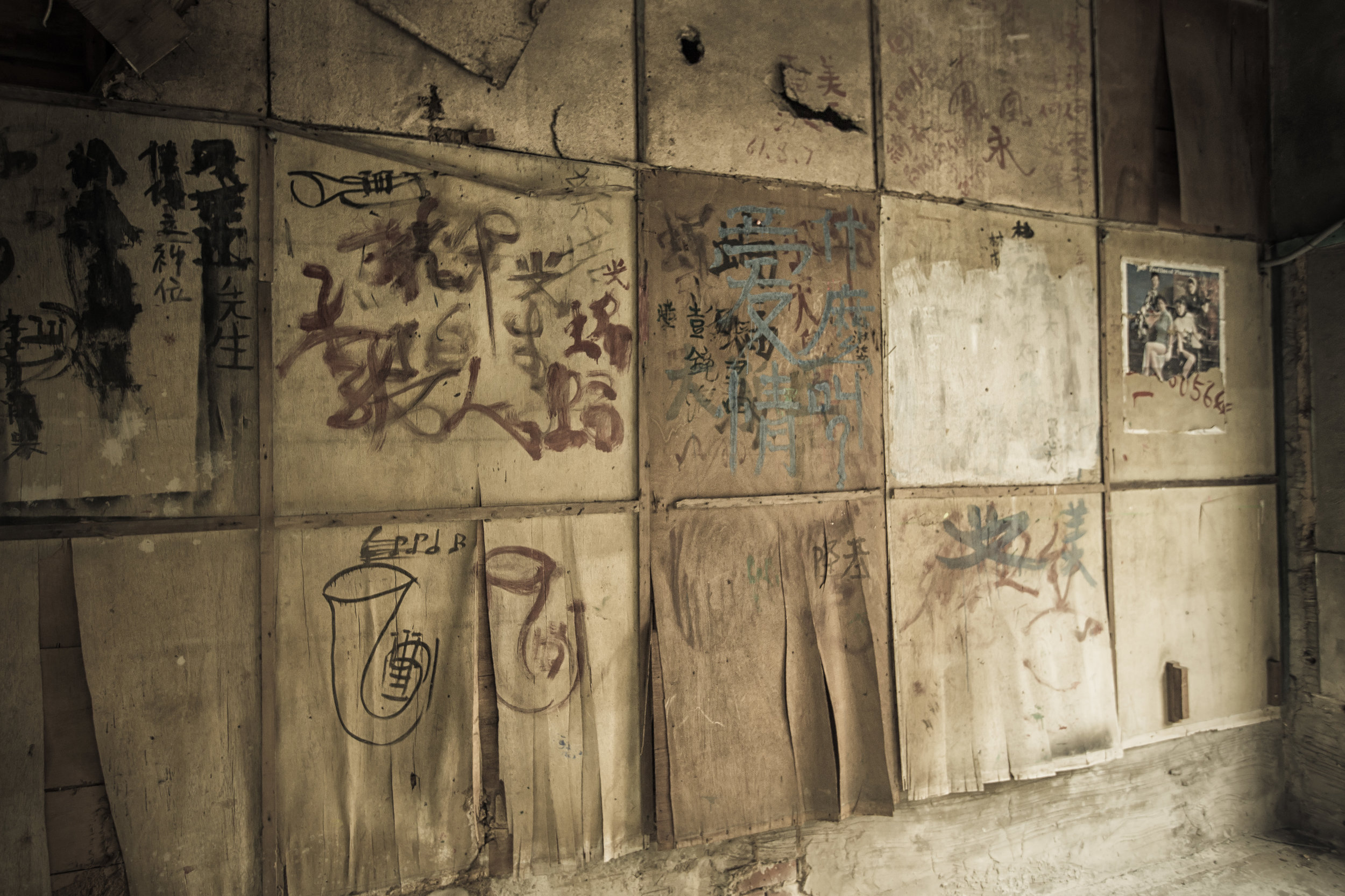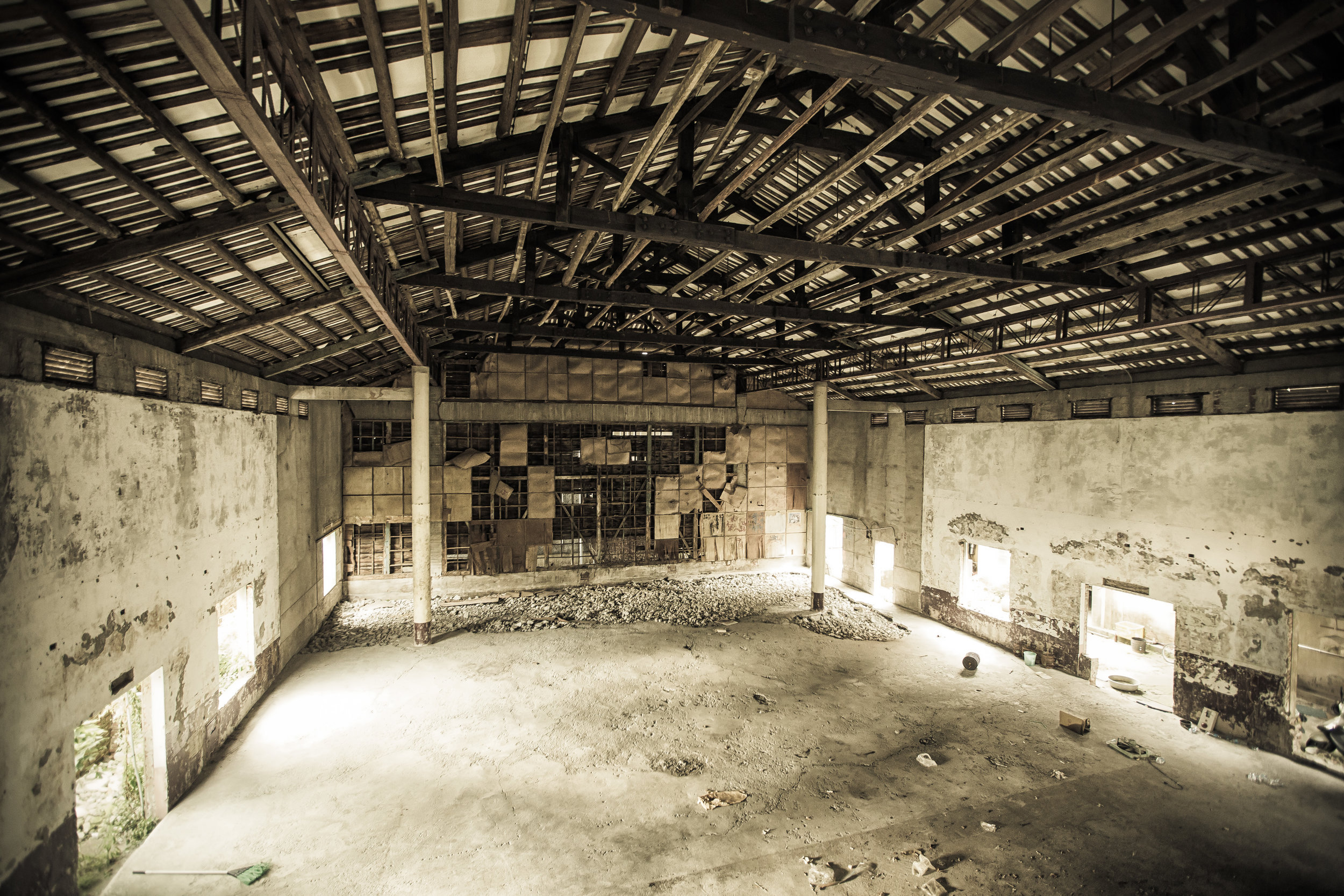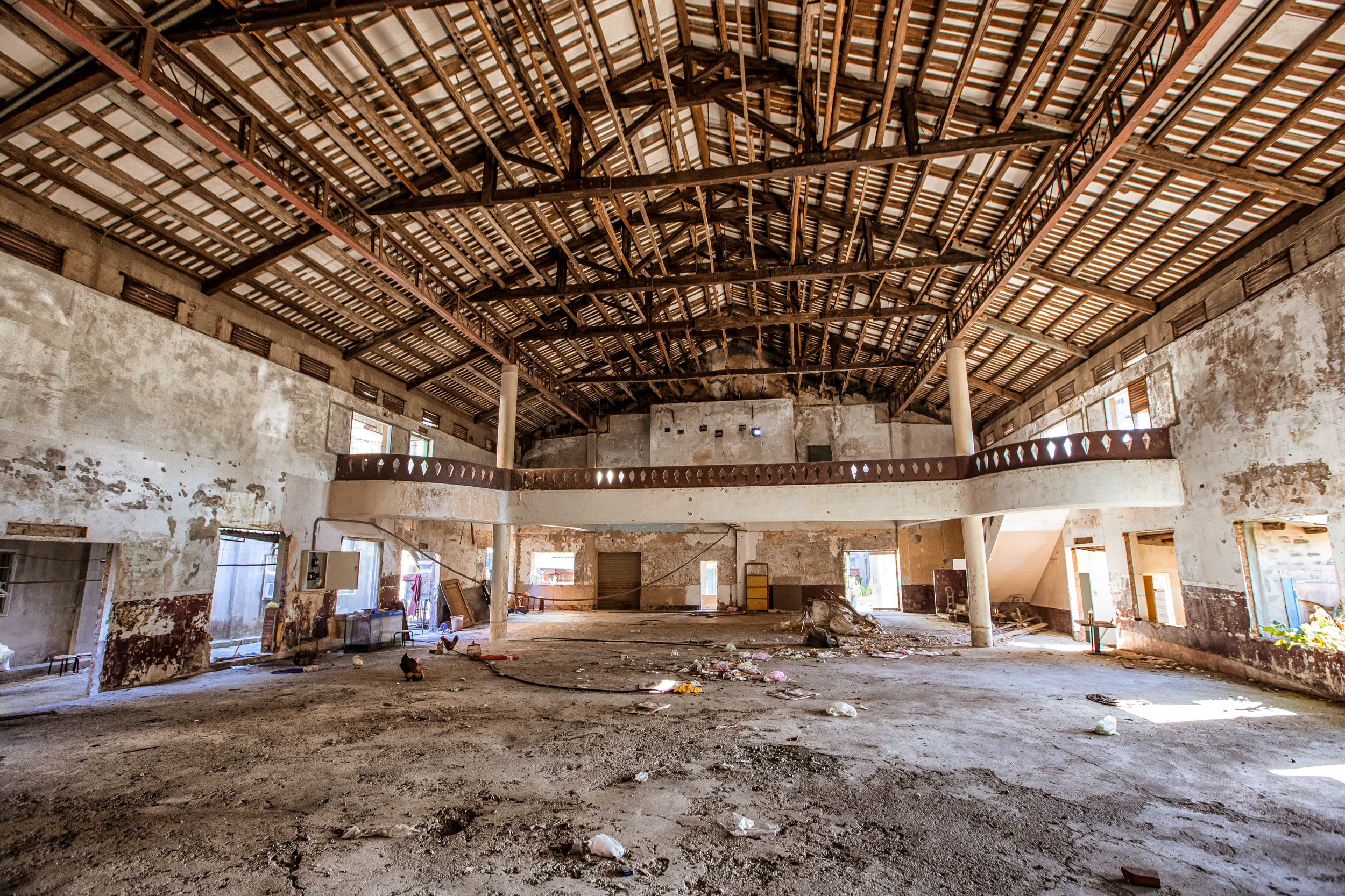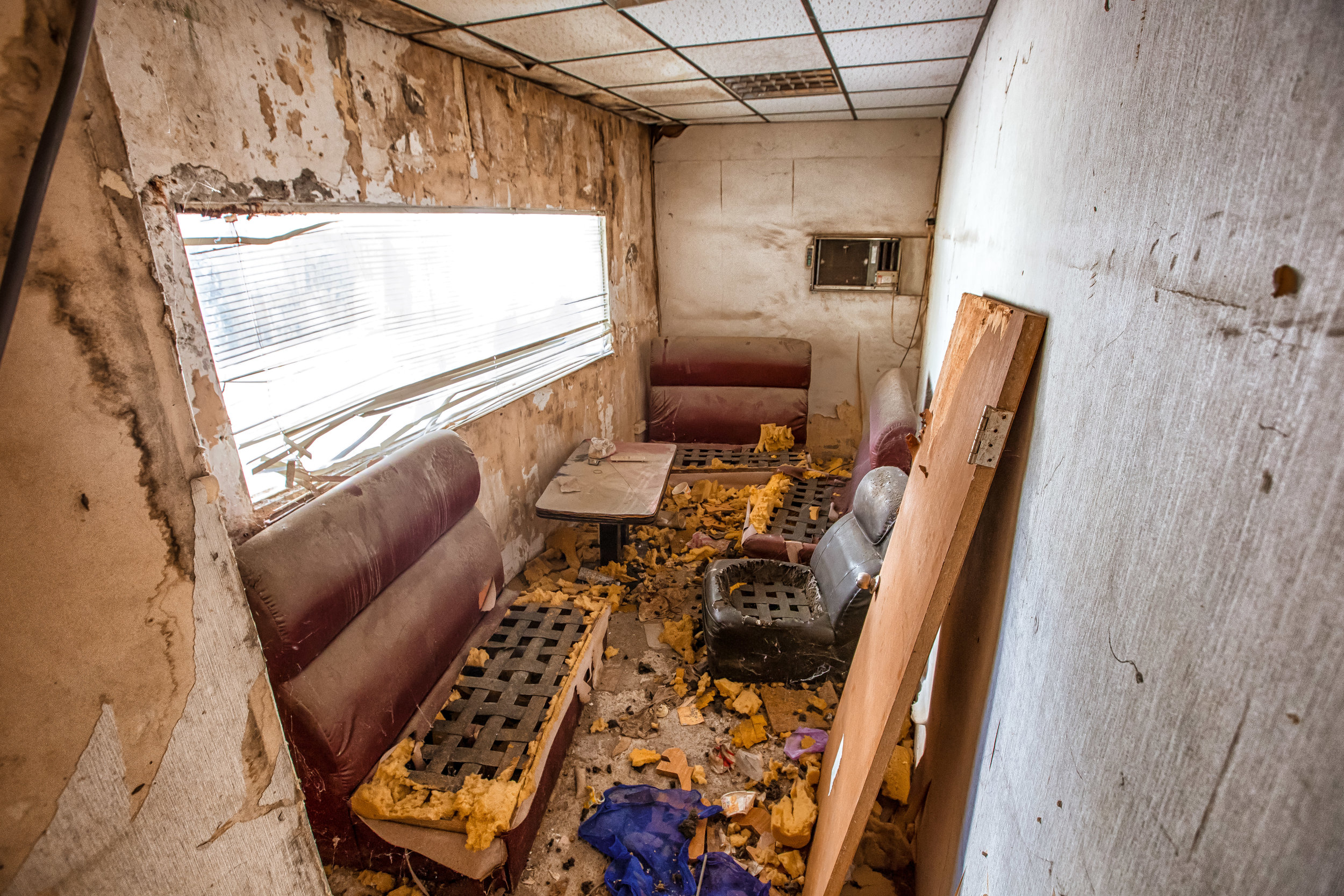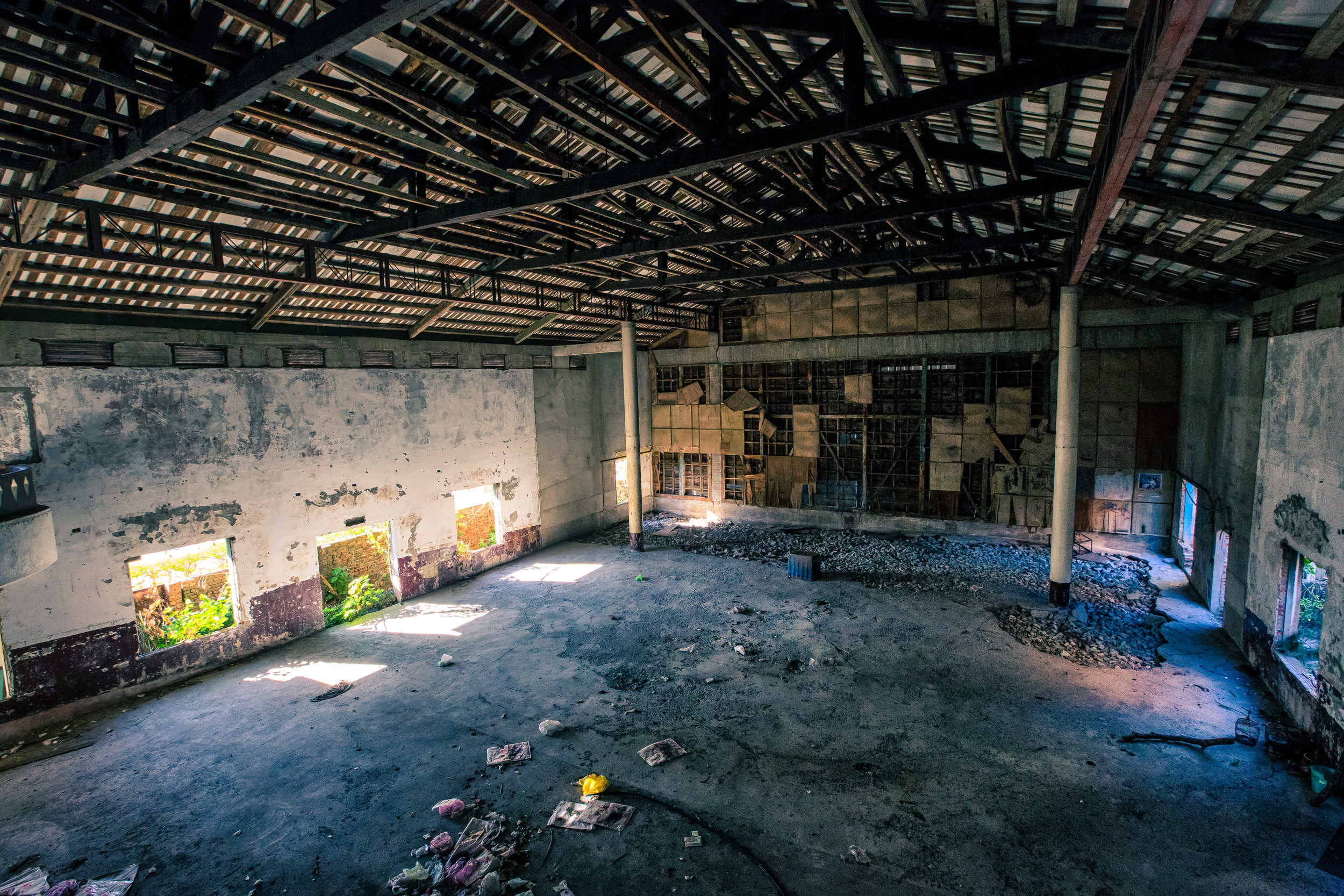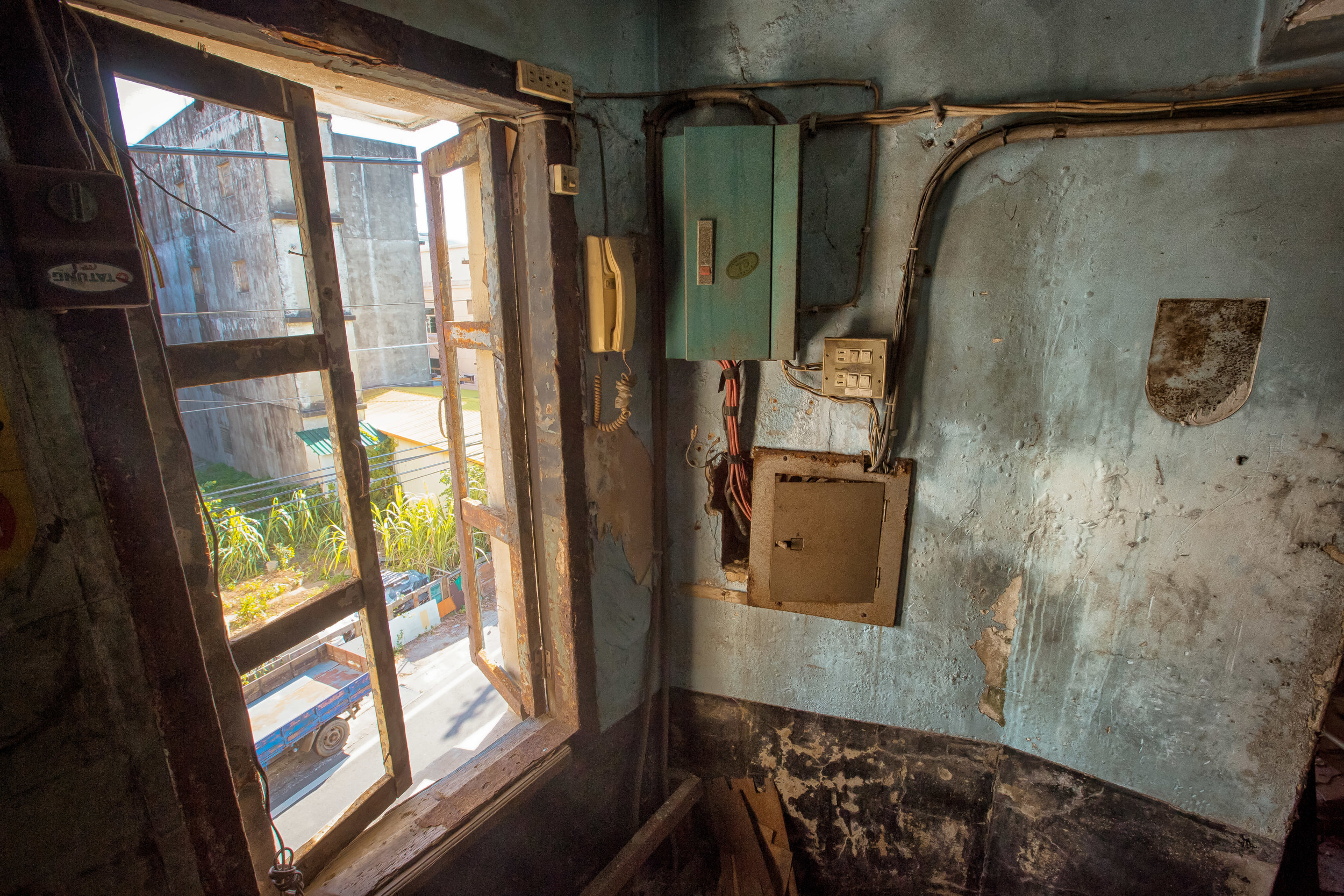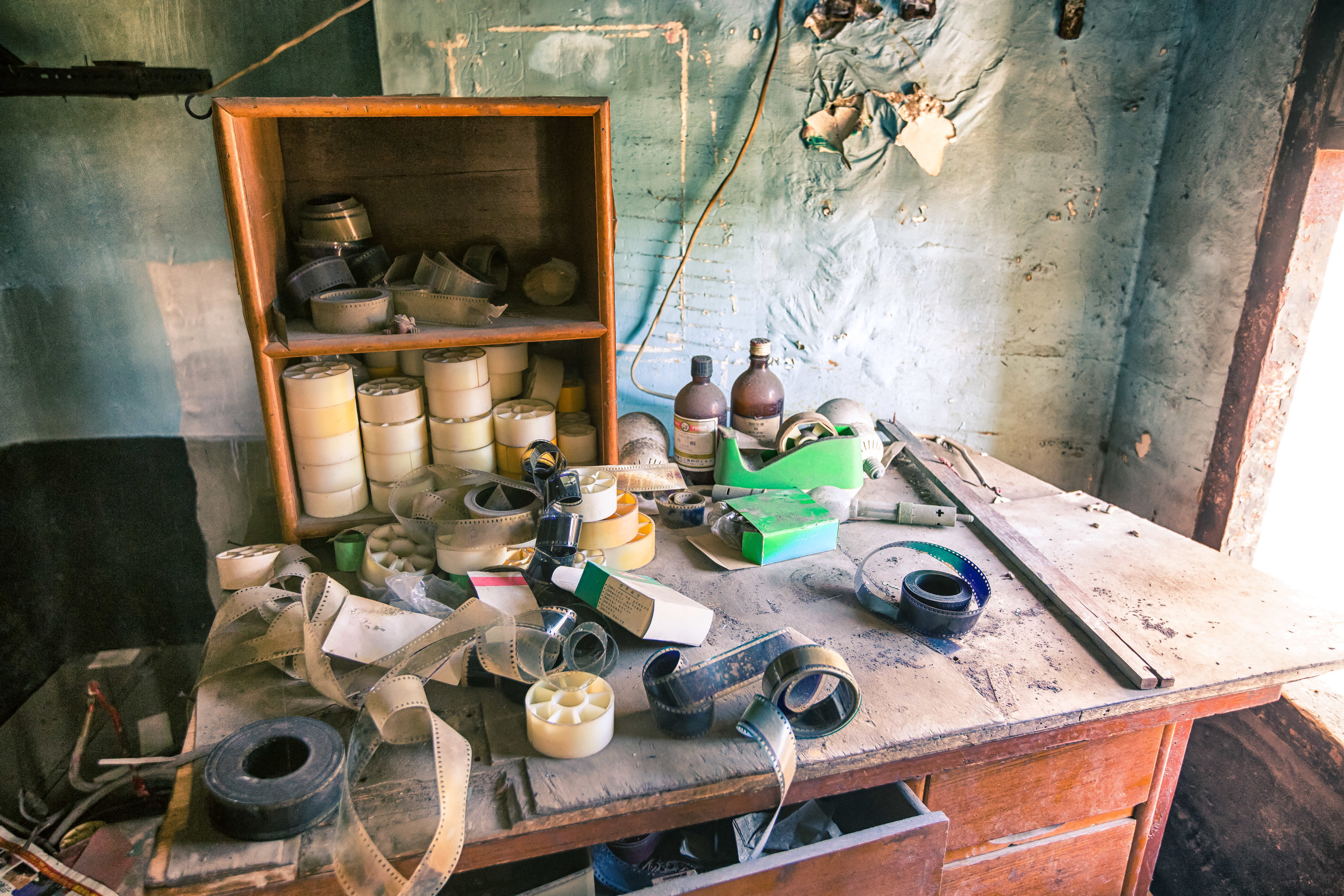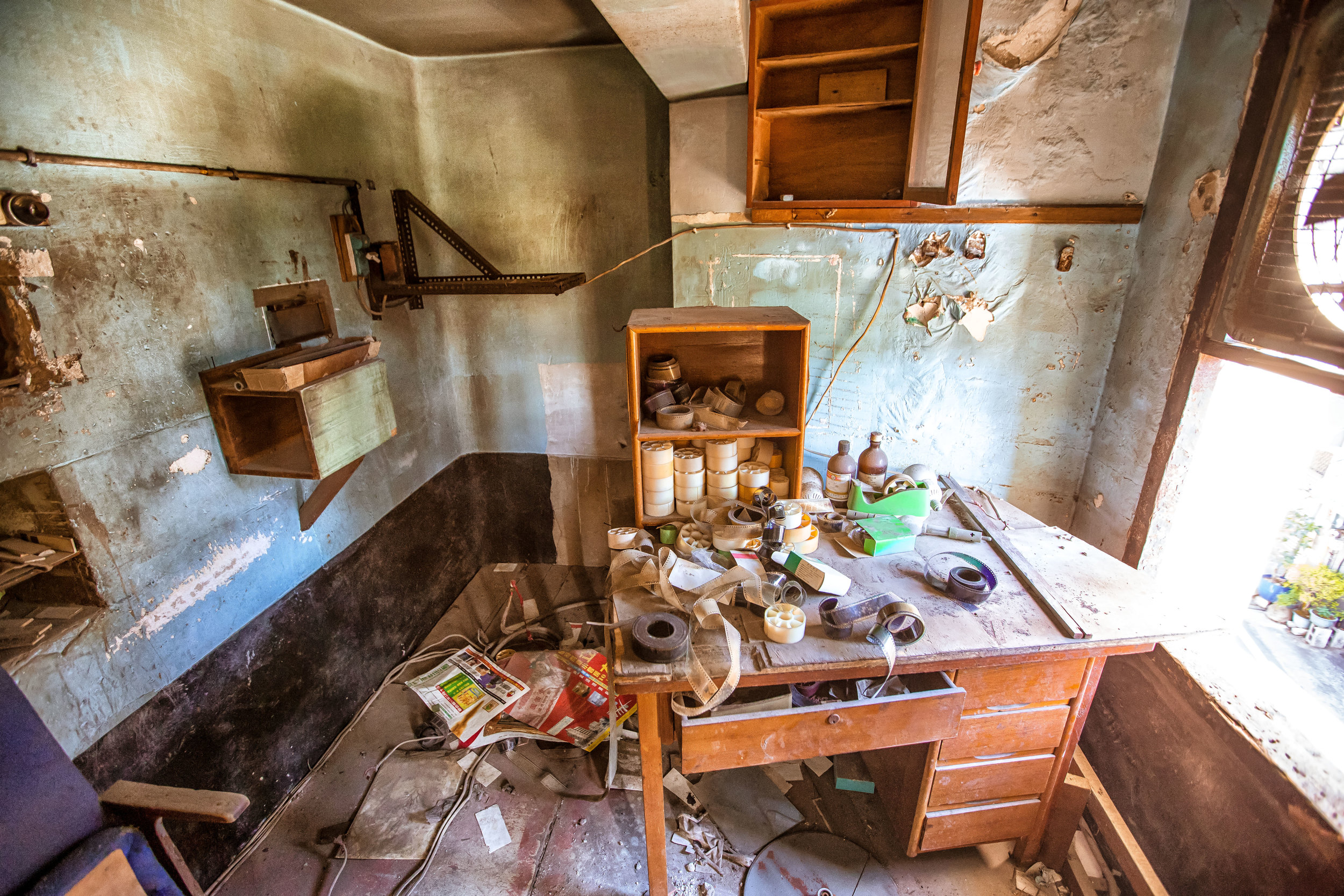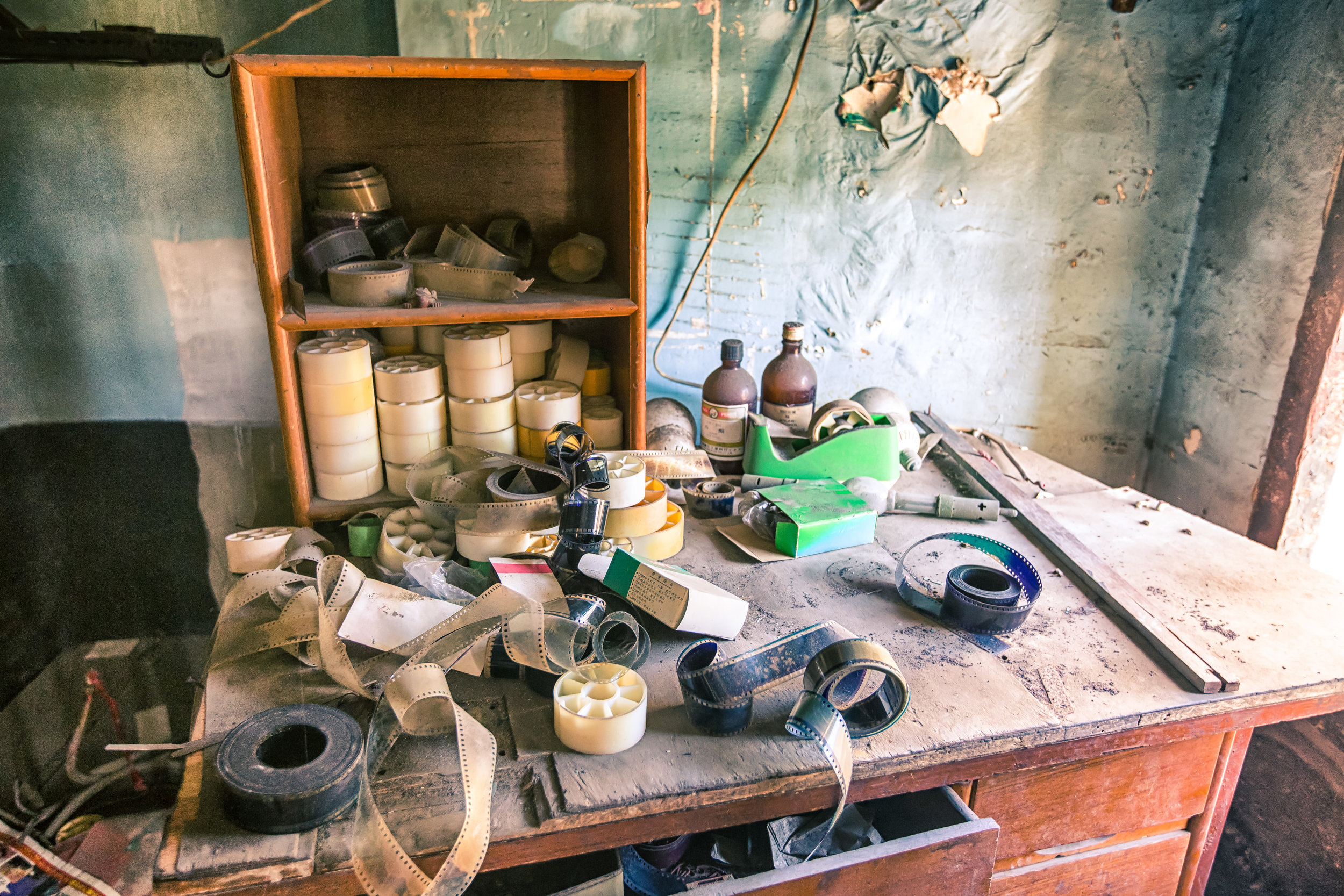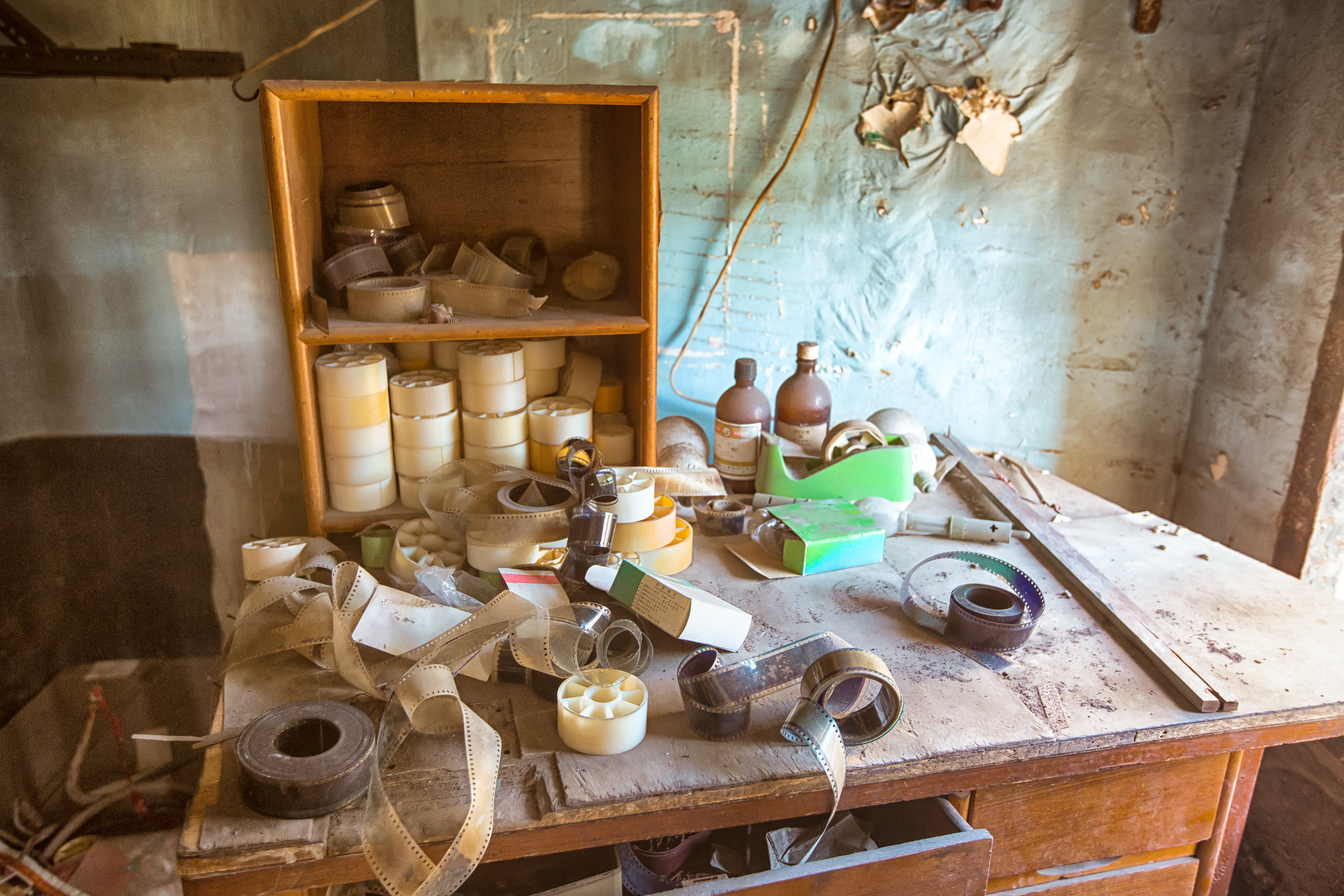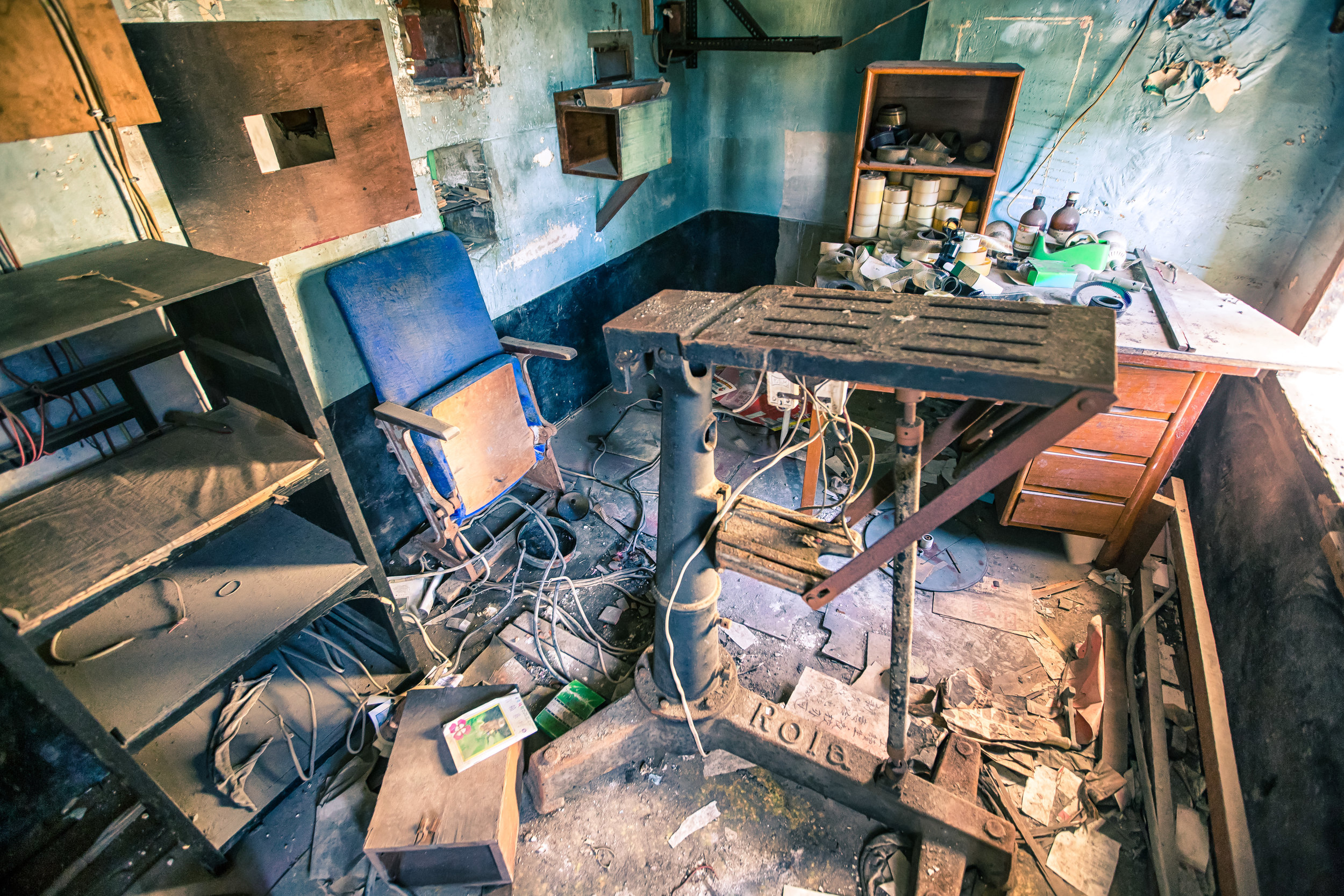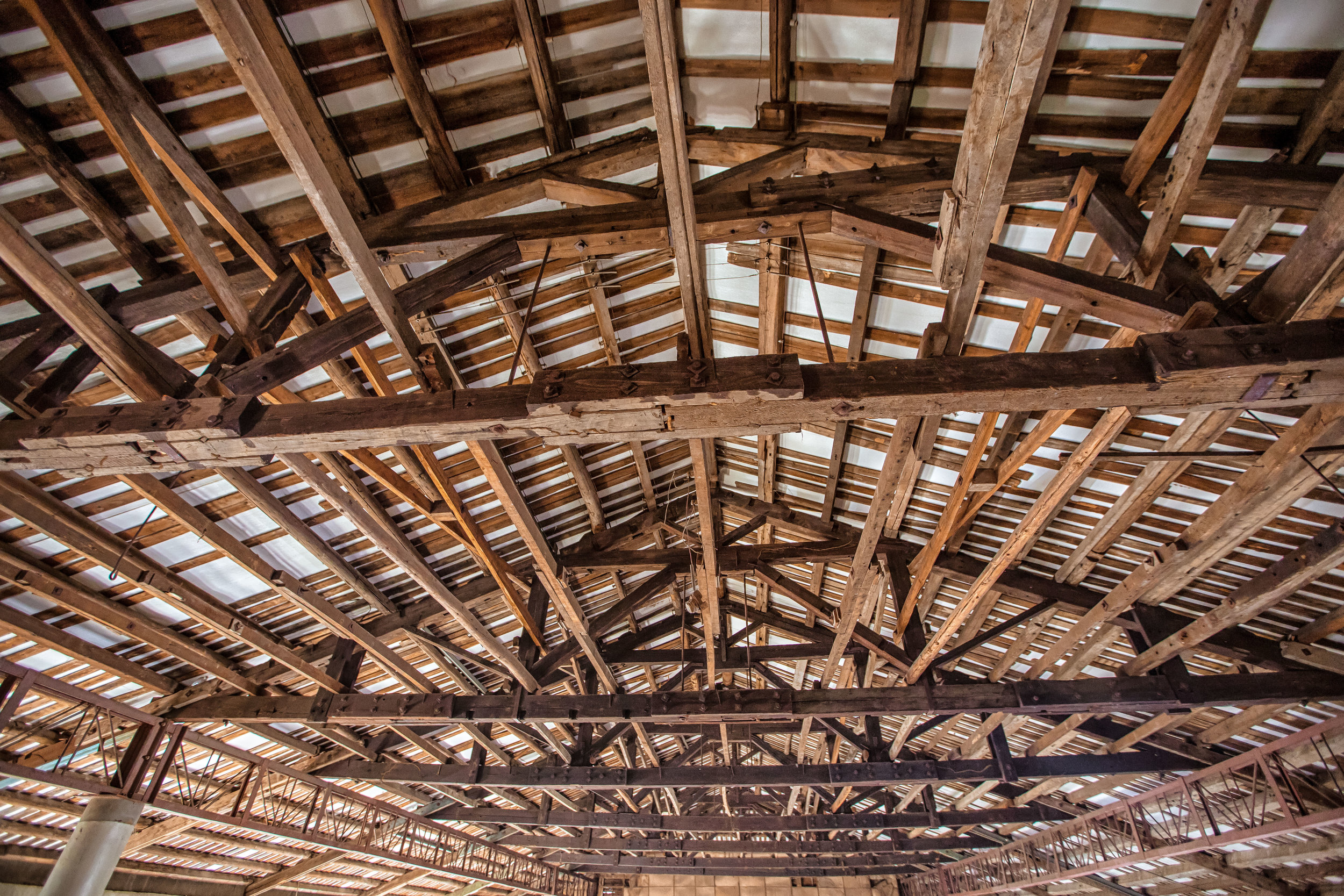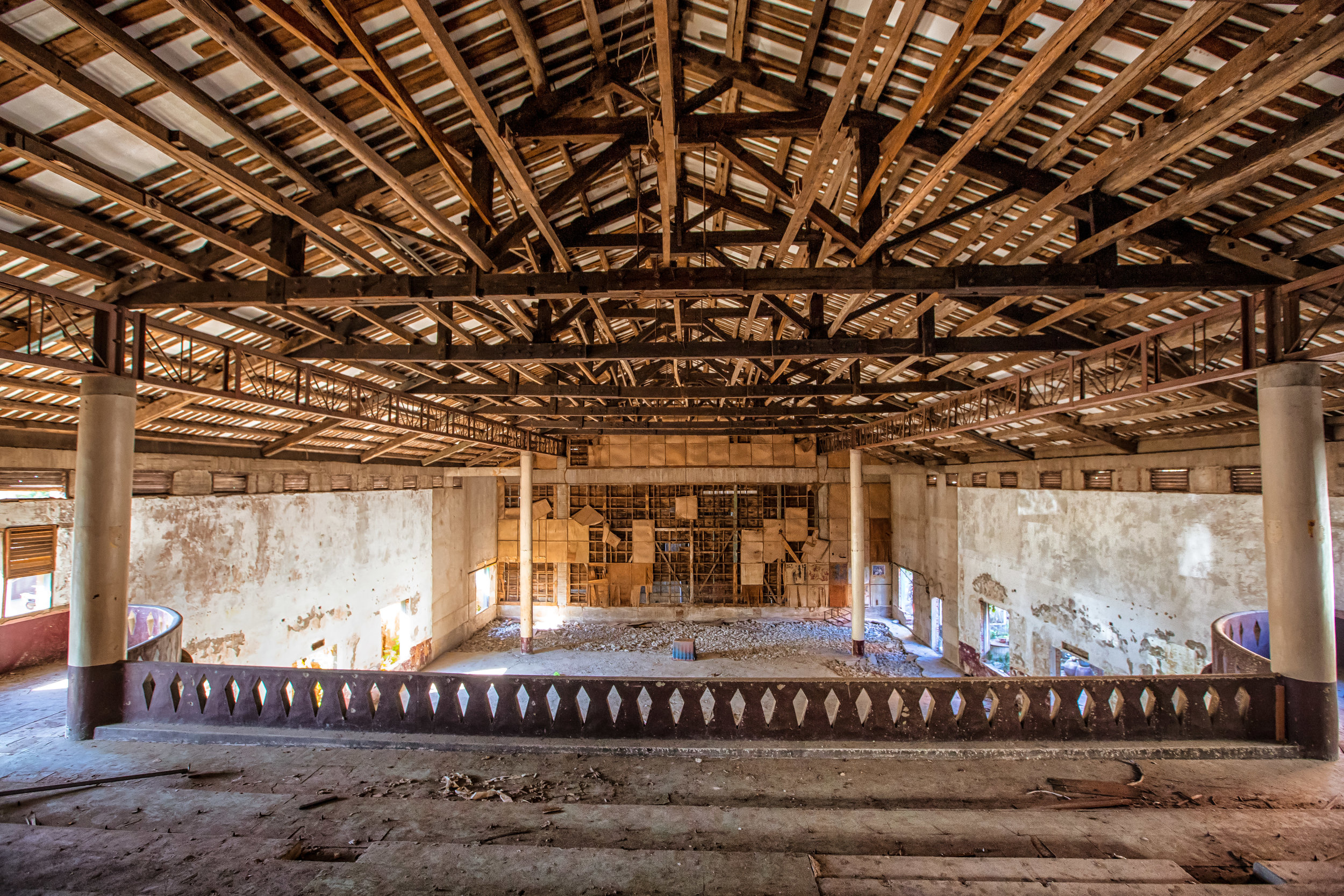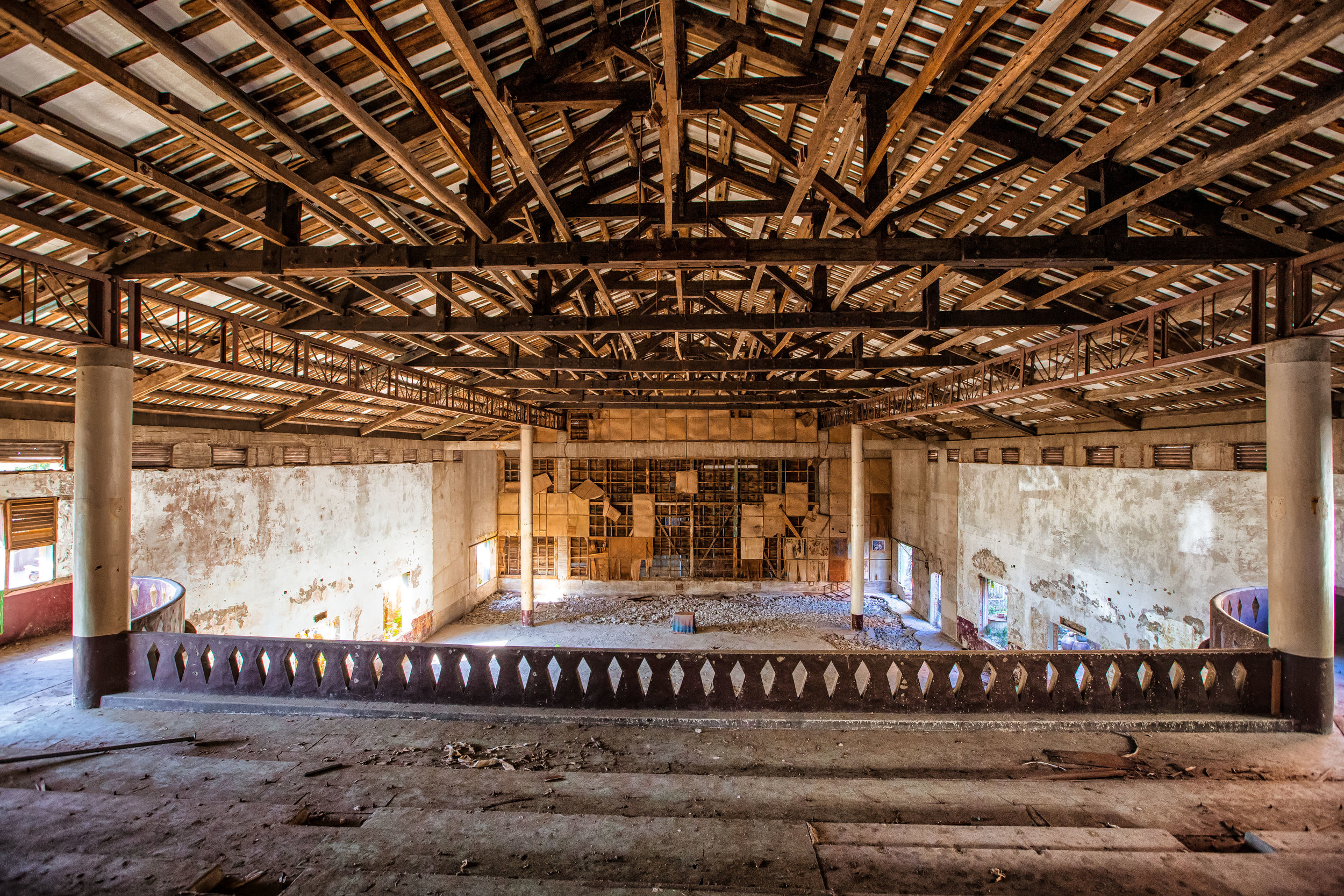I was recently talking with an expat who had just arrived in Taiwan and she asked me whether or not Taoyuan was really the ''armpit" of Taiwan. I haven't heard people use that term for a while (except for Forumosa types) and the only other pejorative term I've heard coming from the Taipei 'elites' is that this area is somehow the "wilds" of Taiwan - whatever that's supposed to mean.
I've lived here for ten years and while there are certainly valid criticisms of this city (as there all with all cities), most of problems that people do have are being rectified due to the local government's development plan that has seen the city progress quite a bit. For me, I've been quite impressed over the past few years with the way the government has taken a dull and dreary looking city and made it into a green one.
Zhongli (中壢) is and always has been an industrial city - the period that I've lived in the city has seen a lot of the factories and production move overseas which has resulted in an economic downturn but as things have started to improve I think it's important that we also remember the history of the city and its glory days. Zhongli wasn't always a place that could be considered an "armpit" and was once a vibrant city where business flourished and various forms of entertainment could be found throughout the city.
In my recent post about the Japanese-era Police dorms here in Zhongli, I mentioned that thanks to fellow blogger and photographer Alexander Synaptic I've been bitten by the Urban Exploration bug. Compared to Alexander I'm still quite new to all of this but I've been making attempts to explore places that I never would have dared to before and have started noticing things that I would have likely overlooked in the past.
Today's post is from an abandoned theatre here in Zhongli and is truthfully a bit of a sore spot for me - I've lived in this city for over a decade and I can't tell you how many times I've gone to eat beef noodles at either Yong-Chuan (永川牛肉麵) or Hsin-Ming (新明牛肉麵) which are both in the same building as well as its neighbour and of my favourite Hakka places Papa's Secret Lover (阿爸的情人) and failed to notice the words "戲院“ (theatre) on the side of the building.
I'm suppose I'm sore because after all the years of living here, it took less than a three month stay for Alexander to notice it, get inside and write a blog about it! (check out his blog too). This little piece of local history has been sitting there abandoned for the entire time I've been here and even though I passed by it a thousand times I was completely oblivious.
The Hsin-Ming Theatre (新明戲院) was one of about a dozen movie theatres in operation in Zhongli during the golden era of Taiwan's economic miracle and before the advent of large multiplex theatres. I've learned that if you travel around any city in Taiwan and are observant enough you are likely to notice an abandoned movie theatre or two. Zhongli is no different and in the downtown core there are several abandoned theatres hiding in plain sight.
Today the city has two large state of the art multiplex cinemas (Venice/SBC) but almost all but one of the single-screen theatres have disappeared. The last remaining single screen theatre in the city shows second-run movies and is most interesting due to the fact that they have continued the tradition of hand-painted movie posters. If you are interested in a retro theatre experience you can check out a couple of movies at the Chung-Yuan Theatre (中源戲院) for a fraction of the price you'd pay at a normal theatre. The theatre is near Chung-Yuan University (中原大學) and also happens to be in the middle of the popular Chung-Yuan University night market (中原夜市).
According to government records, Hsin-Ming Theatre was in operation between 1980 and 1997. The building was once an important place in Zhongli as it not only housed the popular theatre but also the famous Yong-Chuan and Hsin-Ming beef noodle restaurants which are pretty much two of the most well-known and busiest restaurants in Zhongli. There are also market stalls on the first floor which housed several businesses that would supply products to the nearby Hsin-Ming Traditional Market (新明菜市場) which is still a vibrant place of business and one of the cheapest places to get fresh fruit, vegetables and meat in town.
The theatre closed in 1997 but the reason it closed is also quite mysterious - I've done quite a bit of research to figure out what happened but there is almost zero information online to really explain what happened. I have heard from local people that there was a fire and some people had died while inside (which for Taiwanese people automatically means that it is haunted) while others have explained that the theatre was old and smelled like a traditional market, so it went out of business.
From my research I found that a "Hsin-Ming theatre" (新明大戲院) actually did burn down, but that was in Beijing, which is no where near Taoyuan or Taiwan. I won't post any information about a fire or that people died until I have real facts and numbers, so at this point, it will remain a mystery.
The fire theory doesn't seem that far-fetched due to the fact that the inside of the theatre has been pretty much stripped and nothing really remains except for some garbage from the traditional market vendors below. You won't find the screen, nor will you see projectors or the seats. The floors are covered with almost twenty years of dust yet it doesn't actually smell terribly inside the room due to the fact that there are open windows that allow for air circulation.
The third floor of the building is also a mystery to me (if any history buffs around here know what it was used for I'd really like to know!) as it is a very large open space that appears as if it once housed something of significance. It wasn't really a part of the theatre itself so its safe to say that something else was going on there. Today it is completely empty and all that remains is a a tree branch and a wicker chair as well as what looked like garbage from a squatter who has since moved on. I've asked people who have lived in the city all their life and they have no idea, so if I ever do figure it out, I'll be sure to update.
Truthfully, if I compare it to other abandoned theatres, there isn't really much to see in this one but it is just another little piece of local history and I'm glad I explored it and learned more about it. Whenever I visit Yong-Chuan for the best beef noodles in Taiwan, I'll be able to annoy friends with even more facts about the local history of this beautiful and under-appreciated city that certainly isn't as "wild" as it used to be.
I'm not going to announce to the interwebs you how to get into the theatre - the fun part of urban exploration is to figure this kind of stuff out on your own. If you are interested though, gaining access is quite easy and none of the neighbours really seem to mind if people are coming or going. Remember that if you do go in you should be quiet and respectful and not take anything except for photos!
Gallery / Flickr (High Res Shots)
